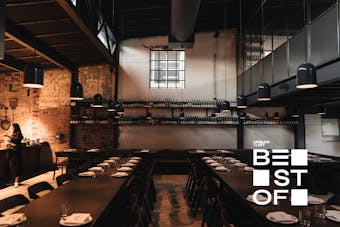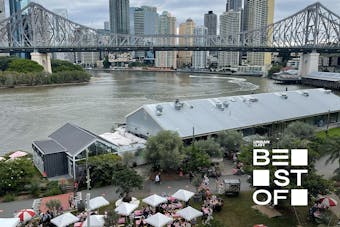
Urban List Guide To Brisbane
Discover the best of Brisbane—where to eat, drink, explore and escape, plus local news and cultural must-reads, all curated by Urban List.
News
See All
The Victory Hotel Is Levelling Up With A 50-Storey Hotel Tower In The Works

Here’s Your First Look At The New Brisbane Stadium Landing In Victoria Park

What’s Happening To The Gabba? We Finally Know The Future Of Brisbane’s Iconic Stadium
Features
See All
Home Run Holiday: How Comedian Samantha Andrew Took A Swing On A Trip To South Korea
.png?auto=format%2Ccompress&fit=crop&ar=3:2&w=340)
From Sun-Drenched Sips To Signature Cocktail Stations: How We’ll Be Entertaining This Summer

How Daniela Maiorano Blends Her Abruzzo Roots With Byron Bay Values For Simple, Flavourful Hosting
Best Of Brisbane
See All
Caretaker’s Cottage And Shake Shack: What’s On The Australian Open Food And Drink Menu For 2026

Now Open: The Best New Restaurants, Bars And Cafes In Singapore

Go Off-Grid with 24 Of The Best Farm Stays Near Brisbane
Things To Do
See All
What’s On In Brisbane This Week, This Month And Beyond

What’s Open On The 26 January Public Holiday 2026 In Brisbane

10 Swoon-Worthy Brisbane Restaurants To Book For Your Valentine’s Day Feasting
Food + Drink
See All
Sipping And Savouring On The Waitematā: These Are Auckland’s Best Waterfront Eats And Sips

PSA: Perth Festival’s 2026 Lineup Is So Good It’s Worth A Trip Out West

West End’s New 12-Seat Omakase Restaurant Is Japanese Dining At Its Absolute Finest
Local Escapes
See All
This Luxurious Un-Honeymoon Proves You Don’t Need A Ring To Do Romance Right

This Island 2.5 Hours From The City Has A Roaming Cocktail Van For Your Post-Swim Sips

27 Stunning Places To Stay Near Brisbane With Outdoor Baths
Urban List Guides
- Australia
- New Zealand
- Asia
- Rest of the world
Rest Of The Best

Euro Summer Bound? These Deals Have A Singapore Stayover Sorted

57 Of The Best TV Shows And Movies To Stream On Paramount+ Australia (2026 Edition)
.png?auto=format%2Ccompress&fit=crop&ar=3:2&w=340 340w)
PSA: Singapore Airlines Just Announced Huge Flight Deals To Help Tick Off Your 2026 Bucket List

O Bagel South Bank
Whether you like it with a schmear or fully loaded, bagel lovers on the southside will get around this local fave.

Savige’s Seafood
For over 20 years, this humble fish and chippery has been serving Bribie Island community with the freshest seafood by the sea.

Nonna San
Woolloongabba’s new fusion restaurant combines Japanese and Italian flavours—from okonomiyaki pizza to gyoza lasagna.

Zini Contemporary Gelateria
In the sweetest news of summer, local gelato favourites La Macelleria Gelateria have launched a brand-new concept for Brisbane.

Here’s How You Can More Than Double Your Annual Leave In 2026

From Safaris To City Exploring: Where Our Team Is Flying In 2026

The Best Things To Do In Brisbane This Weekend

Riffe For Goodness
CBD cafe Felix For Goodness is set to bring its made-from-scratch specialty to a second location in Teneriffe.

Koko Black
Sweet tooths rejoice, because one of Australia’s most beloved artisan chocolatiers is making its return to Queensland.

Rise Newstead
By day, this spot is serving decadent pastries and brunch dishes, and by night it's the elegant place to be for French-inspired dining on the waterfront.

27 South Brewing
Pour one up for Coorparoo’s newest brewery taproom from a local favourite, tucked behind a roller door.

Brisbane’s Exhilarating Vertical Restaurant Has Relaunched With An Epic New Dining Adventure

Ed Sheeran’s Loop Tour Is Taking Over Brisbane In 2026: Here’s Everything You Need To Know
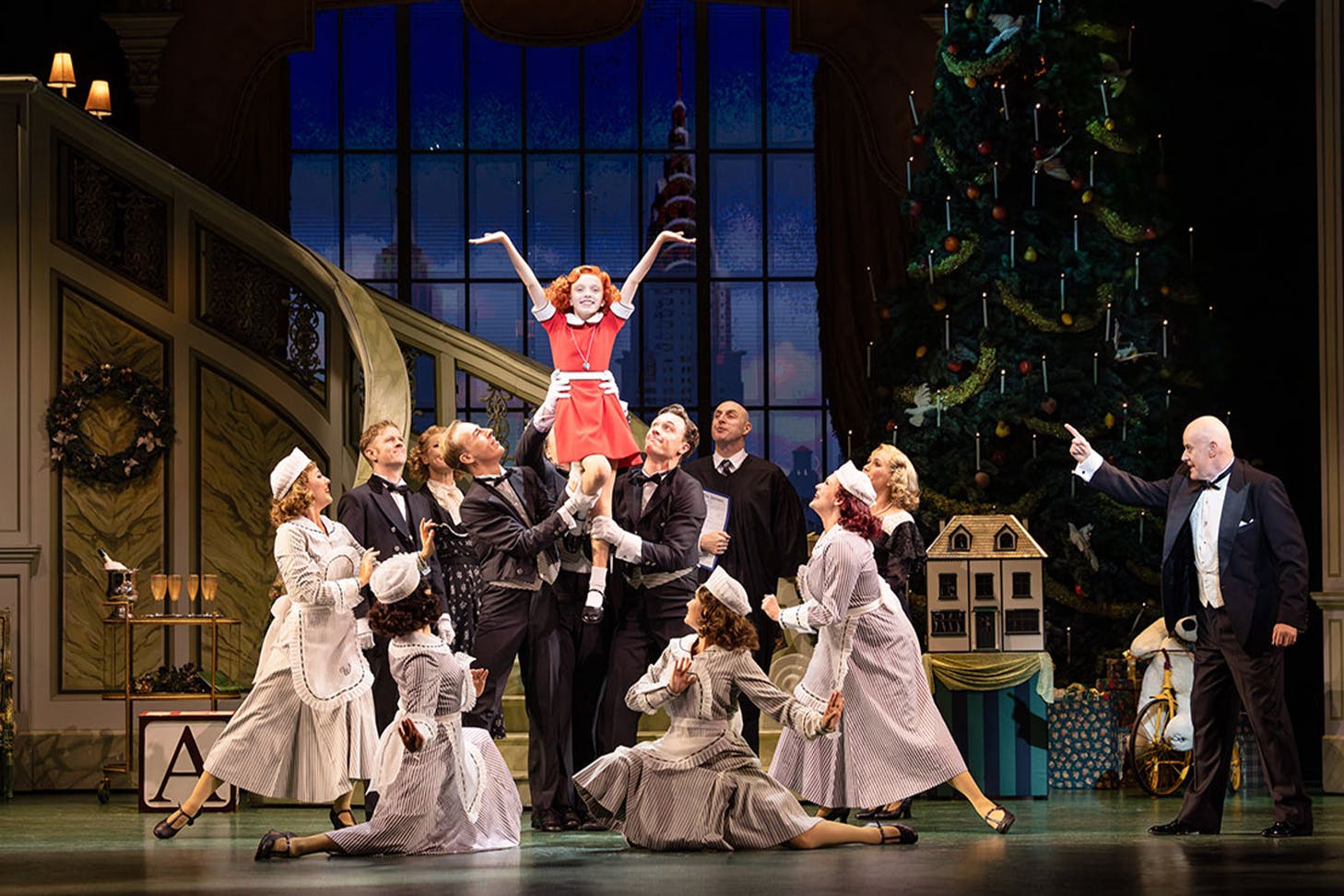
The Best Musicals And Theatre Shows In Brisbane You Need Tickets For

Ruby’s Wine Shop
Knock-off drinks and vibey kick backs have a new home in Albion’s brand-new wine bar and store.

Victoria’s Secret
The Y2K craze has well and truly taken over with two new Victoria’s Secret stores opening in Brisbane soon.

Bracken Ridge Tavern
Bracken Ridge Tavern unveils their epic $10 million transformation, with a new Italian eatery, kids' playroom and sports bar.

Alfi Eatery & Bar
There’s a Mediterranean newcomer set to shake up Everton Plaza’s vibrant Park Lane from certified hospo royalty.

Chet Faker’s A Love For Strangers Tour Hits Brisbane In 2026: Here’s Everything You Need To Know
.png?auto=format%2Ccompress&fit=crop&ar=3:2&w=340 340w)
Where Land And Kai Meet: The South Island City Telling Kiwi Food Stories

From Pāua Patties To Te Matuku Oysters: These Dining Experiences Are Worth The Journey

Big Boy Bangkok
Big vibes and big flavours are what you can expect at Newstead’s bold new Thai spot.
.png?auto=format%2Ccompress&fit=crop&ar=3:2&w=520)
The Vine Room
Perched in prime location on the Cairns Esplanade, this stunning new dining destination is designed for slow, sunny afternoons and relaxed evening dinners, with a menu inspired by the best of Southern Europe.

Breakfast Creek Hotel
This iconic 135-year-old pub is entering a new era, unveiling a landmark transformation and new dining offering.


High-End Kiwi Cuisine, Coast To Coast: The Itinerary Defining New Zealand’s Culinary Golden Era
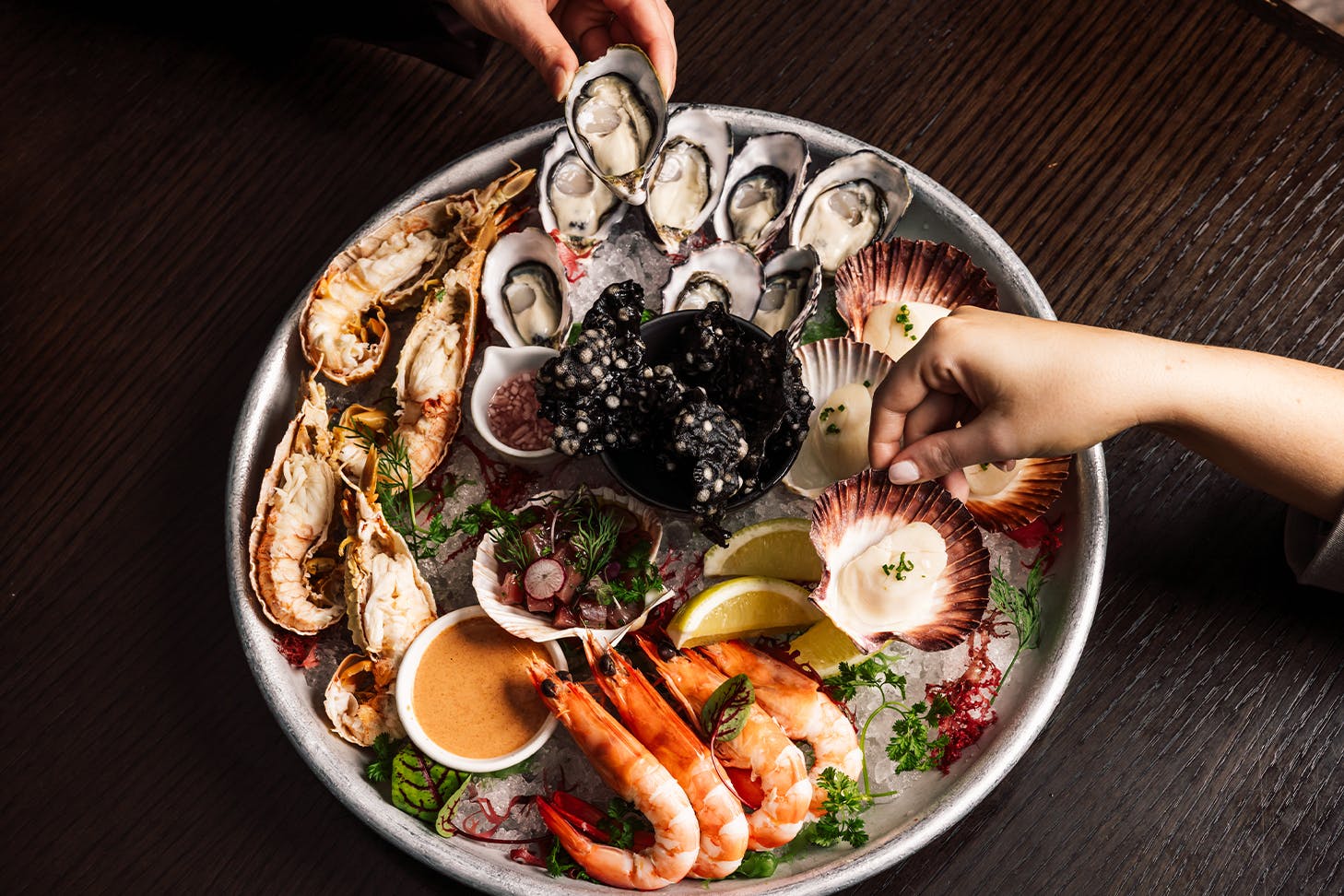
The Feed | All The Brisbane Food News You Need To Know

Why Resorts World Sentosa Singapore Is The Ultimate Family Adventure
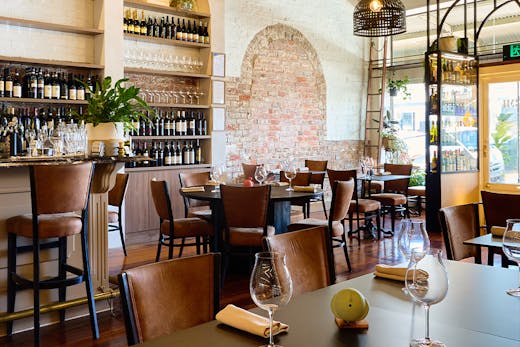
Attimi By Dario Manca
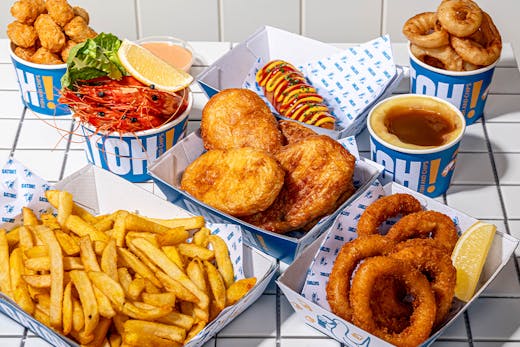
Catch Fish And Chips
Delightfully golden, battered and perfectly salted—that's what you can expect at the fish and chips shop from the El Camino crew.
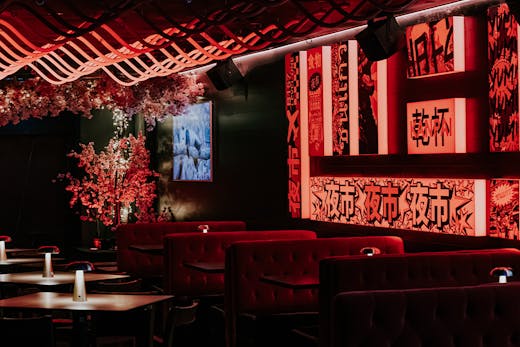
Night Market
If you’ve ever ventured into an Asian night market you know it's a feast for the senses. It's also what inspired the Valley's latest eatery.
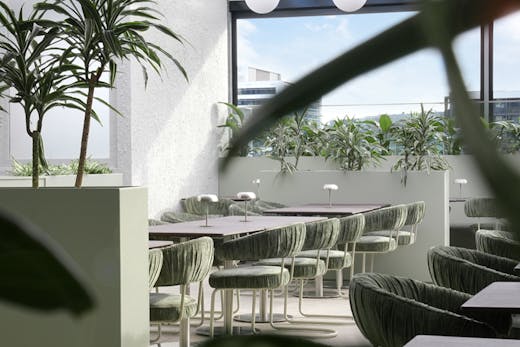
TABOO
Modern Thai flavours reaching new heights? Yep, that’s what you can expect at Fortitude Valley’s stunning new rooftop restaurant.

15 Of The Best Airbnbs In New York City (2026 Edition)

The Best Tokyo Hotels For Your 2026 Japanese Adventure

Nothing But Memories: Why Sketch Artist And Creator Tom Ford Prefers Experiences Over Souvenirs
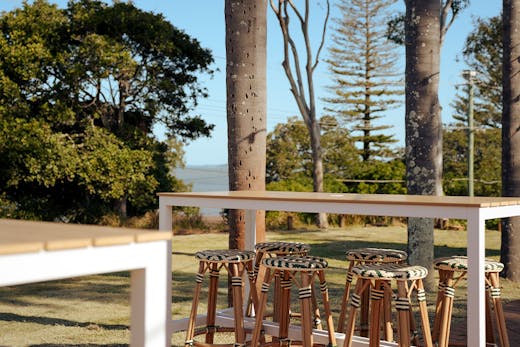
Grand View Hotel
Queensland oldest licensed pub is reopening after a $6 million upgrade, marking a new era in its proud 174-year history.
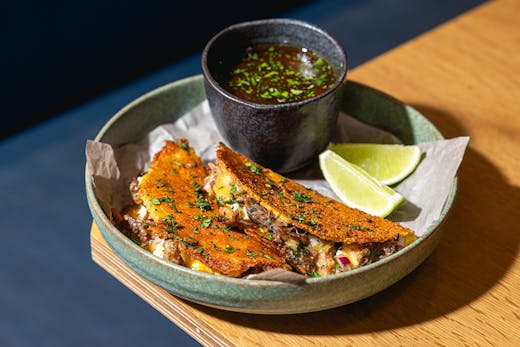
Birria Boy Taqueria
This pop-up taqueria is a fiery ode to Mexico’s beloved birria tacos in Woolloongabba.

Above Rooftop & Bar
Your summer just got a Mediterranean upgrade with Fortitude Valley’s brand-new rooftop destination.
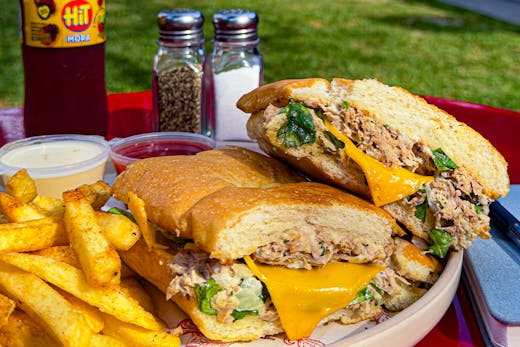
Perreo
Get your hands on Colombian sandwiches, burgers and hot dogs at Fortitude Valley's new late-night eatery.

60 Of The Best Shows And Movies On Disney Plus Australia (January 2026 Edition)

79 Of The Best Movies On Netflix Australia To Stream Tonight (January 2026)

Chasing Adventure: How Creator Renee Buckingham Ran Headfirst Into Love With Europe

Danbo Labo
South Brisbane's new experimental ramen spot is cooking up new and innovative flavours on the regular.
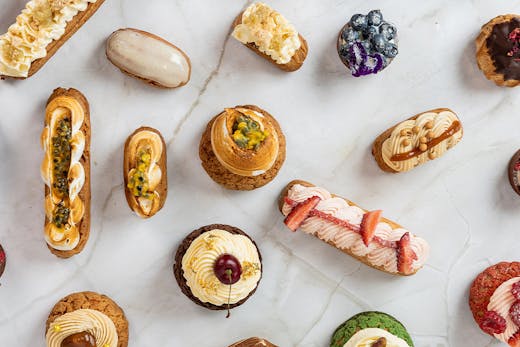
Eclair At The Bay
One of Byron Bay’s most loved patisseries is moving on up, announcing a flagship spot in Newstead.
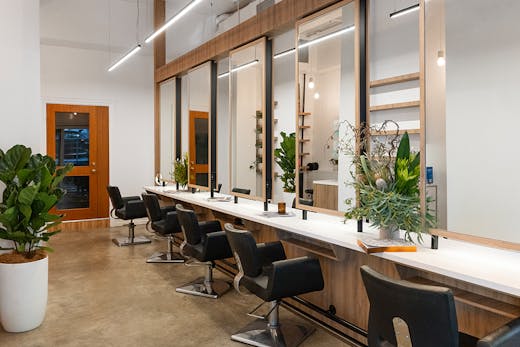
EdwardsAndCo Teneriffe
It's always a good hair day at this brand-new boutique salon from Australia's leading hair agency.

Figtree Social
Yeerongpilly's latest cafe blends brekky classics with native ingredients to create a truly contemporary Australian flavour.

Obsessed With Yellowjackets? Here’s 5 Shows Serving The Same Chaos, Mystery And Drama

Notes From The GOAT: 6 Summer Streams You’ll Actually Want To Watch

Notes From The GOAT: Your Guide To Summer Streaming

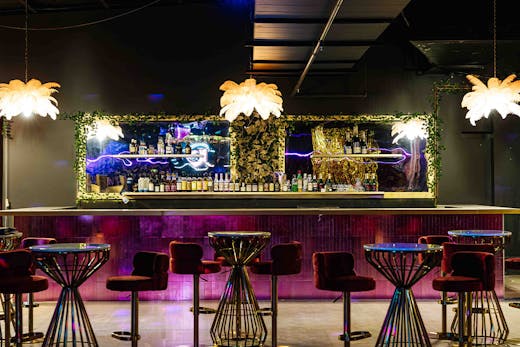
House Of Vice
The Valley is welcoming a glittery new nightclub where disco beats reign supreme.
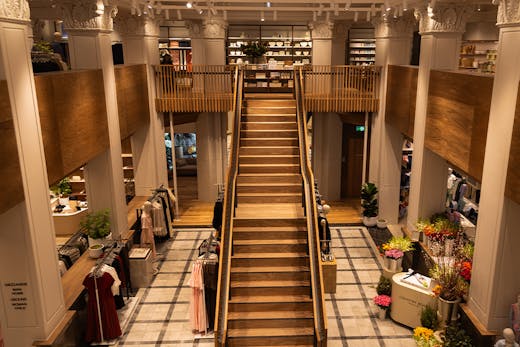
Country Road
Fashion legacy meets local history in this CBD flagship store inspired by the native Queensland landscape.
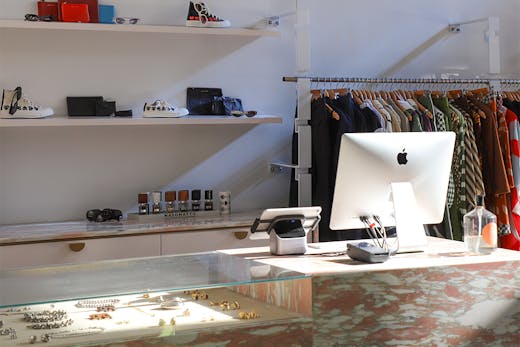
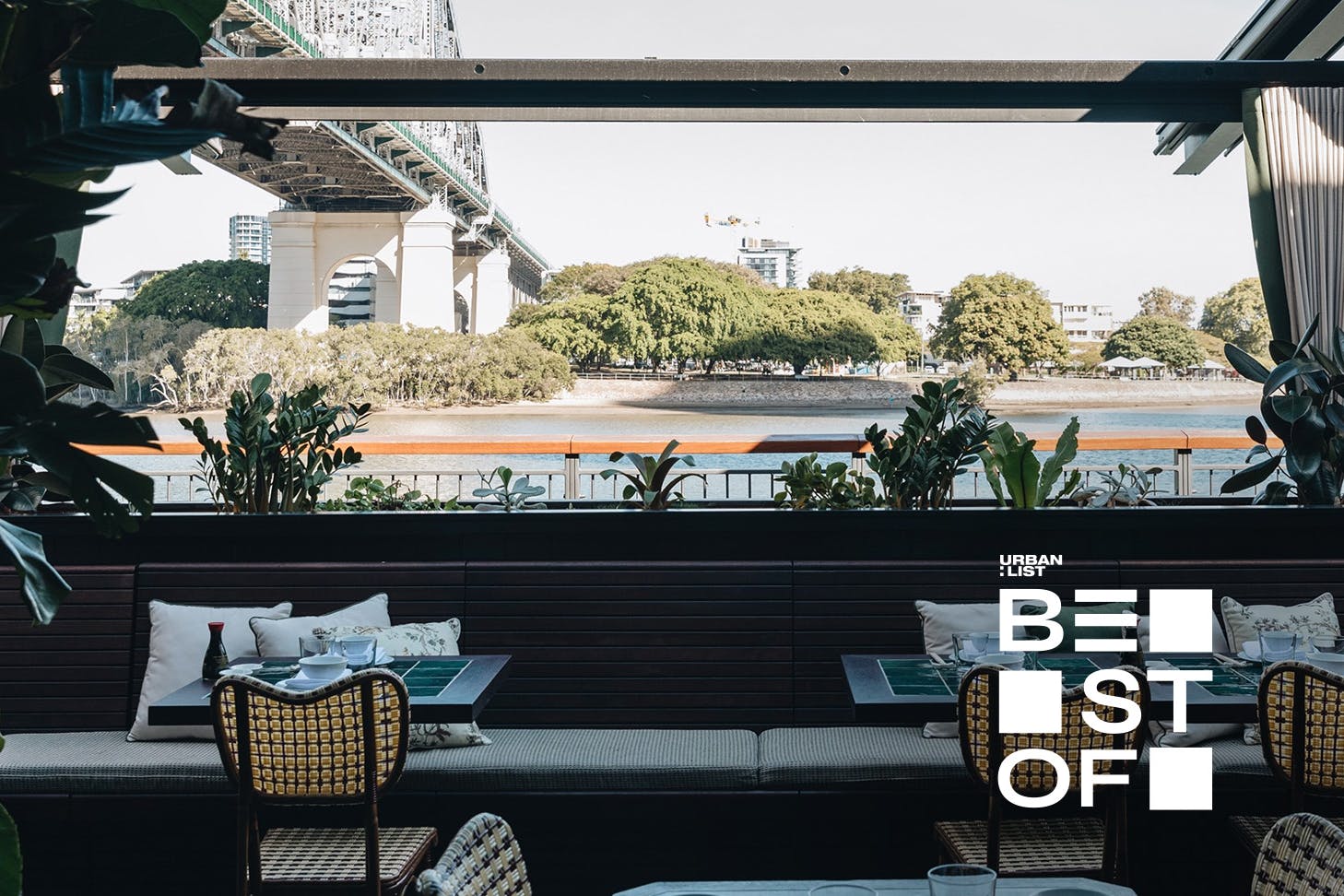
20 Of The Best Long Lunch Spots In Brisbane

PSA: The Sweetest New Opening Is Taking Over Queen Street Mall
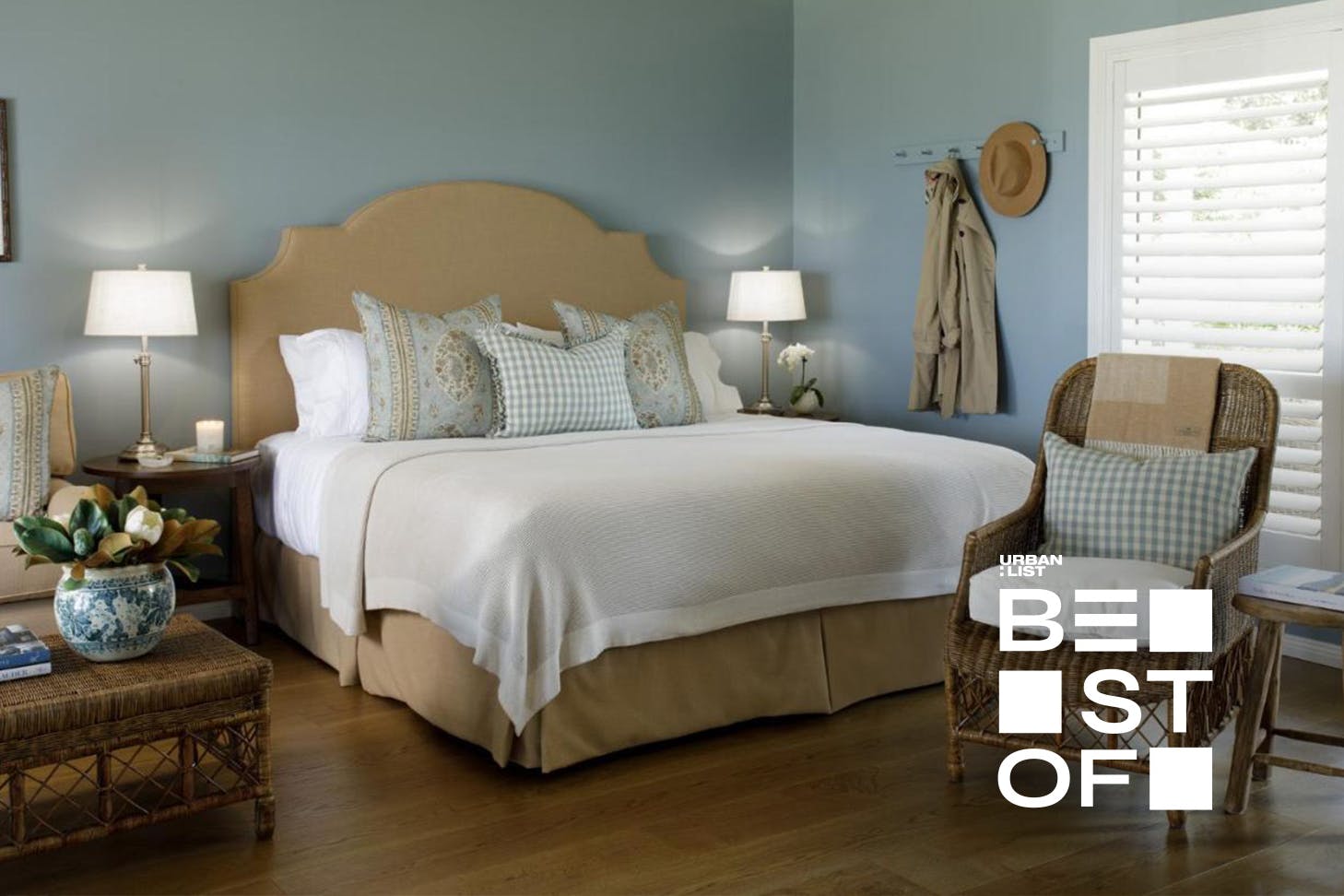
25 Of The Most Romantic Getaways In Queensland For 2026
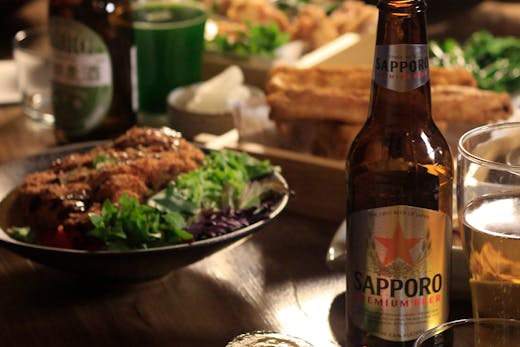
Merge
This pan-Asian yakitori bar in Wilston Village is dishing up smoky charcoal-grilled skewers, flavour-packed street food and house-made mocktails.
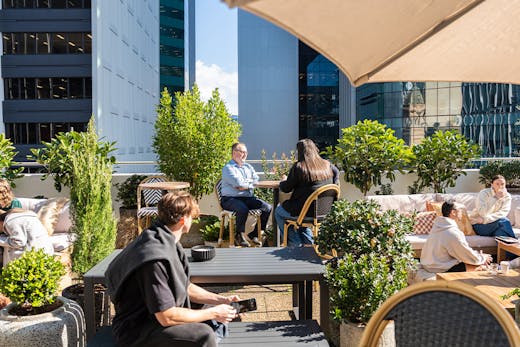
RAISE Rooftop
The CBD has levelled up with a New York-style rooftop cafe serving specialty coffee, pastries and epic views.

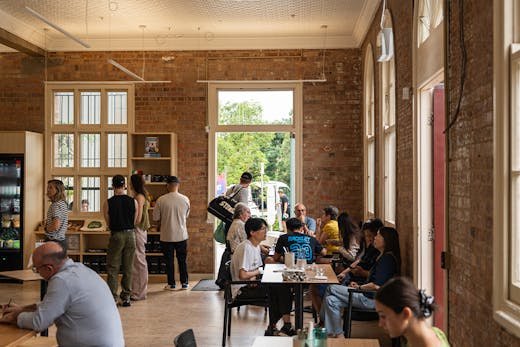
Tom’s Kitchen
Nestled in the heart of Queensland Ballet, this seasonal cafe is an ode to local produce and laid-back dining.
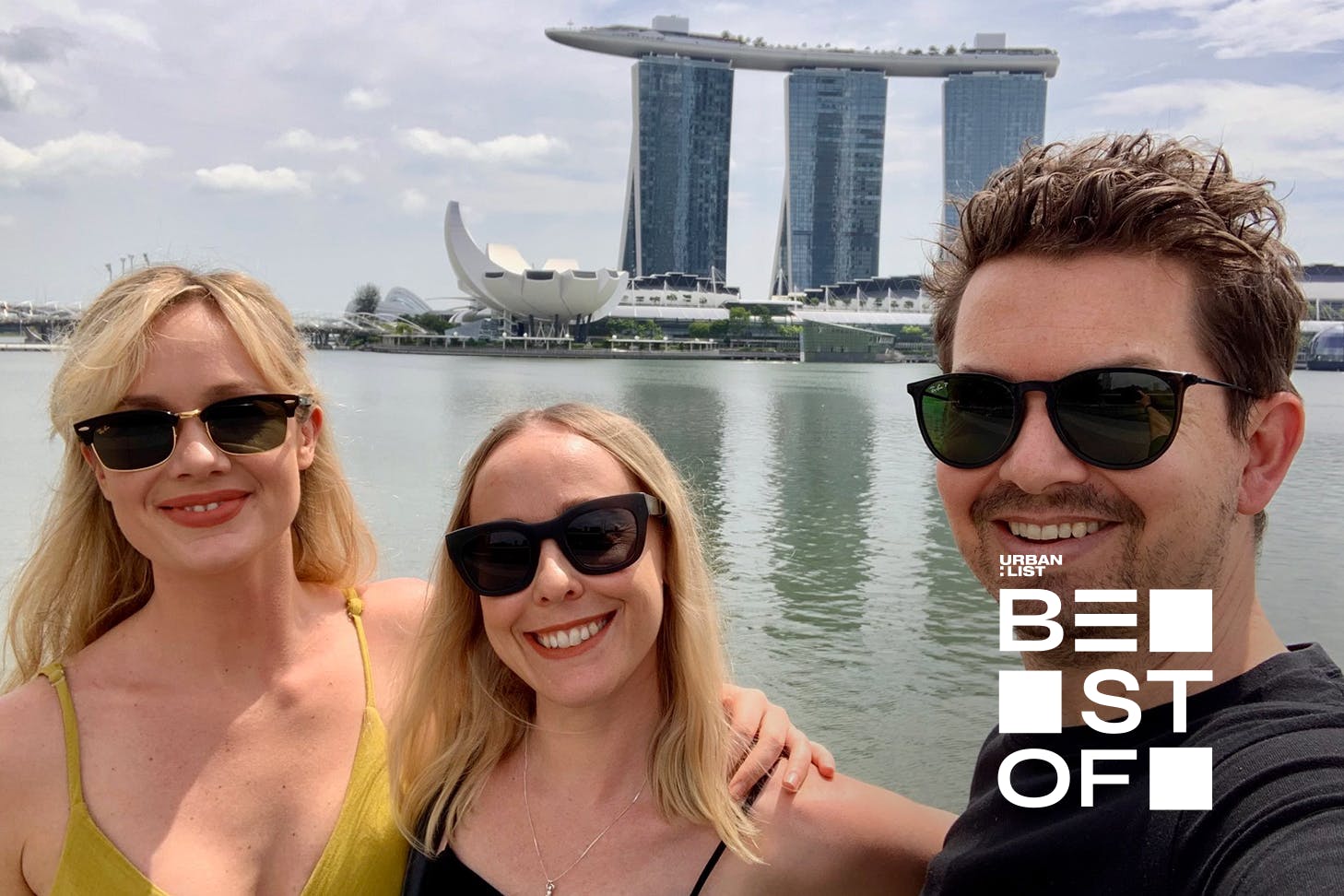
All Of The Best Things To Do In Singapore In 2026
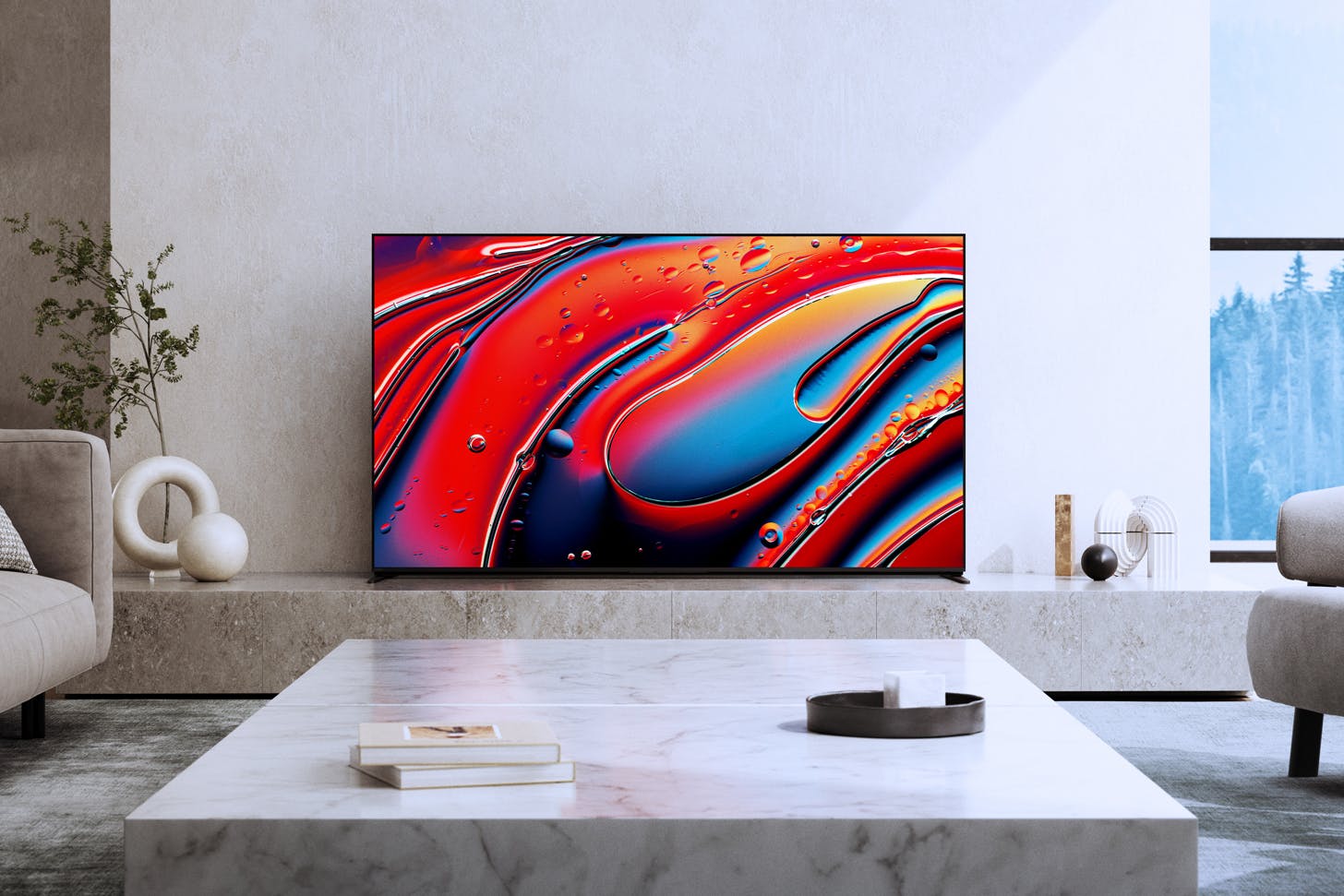
The Best TVs To Shop If You’re Looking To Upgrade Movie Night
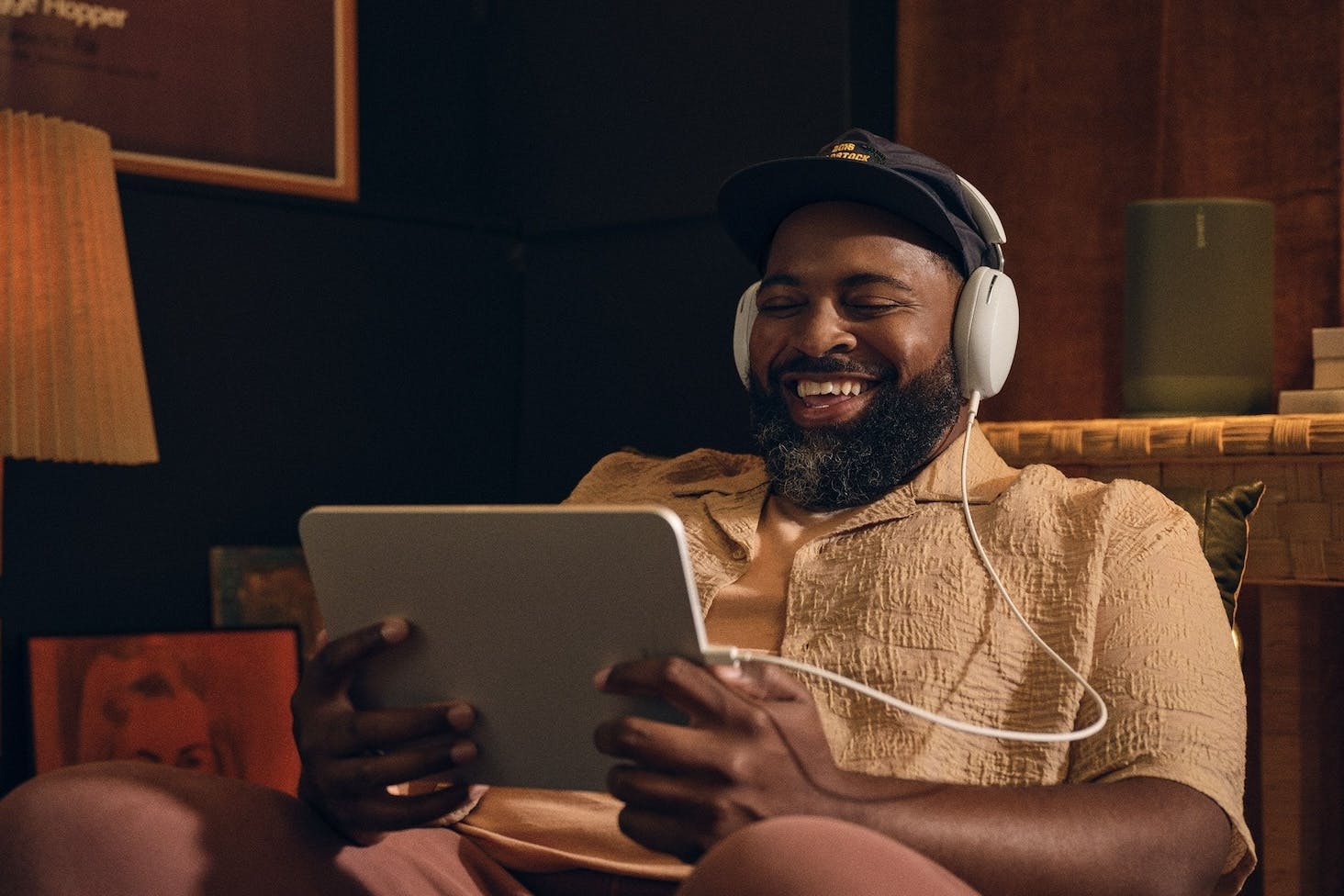
Listen Up, These Are The Best Headphones And Earbuds To Shop In 2026

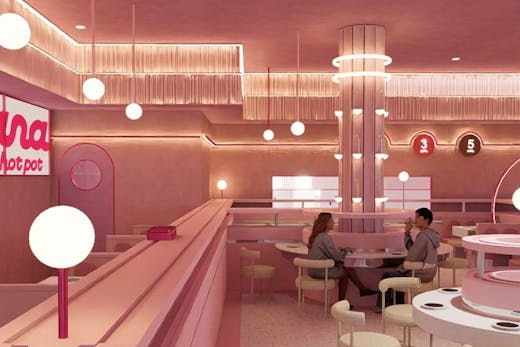
Donana Mini Hotpot
The cutest hot pot train is pulling into Chermside with a DIY sauce bar, cocktails and an exclusive soup base.
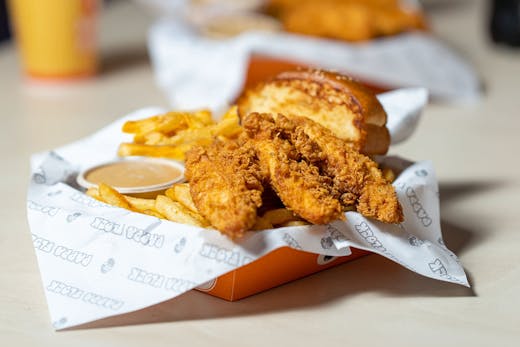
Pappa Flock
There's a new viral chicken spot flying into town, serving crispy tenders and house-made lemonade.
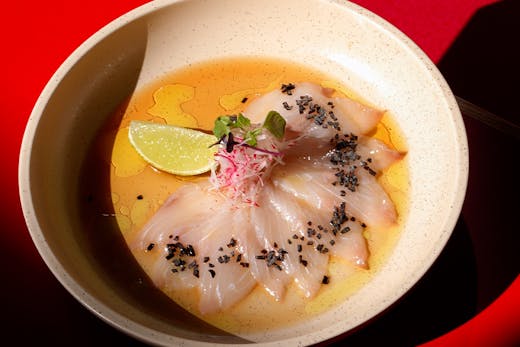
Hideki James Street
Modern Japanese izakaya Hideki has arrived on James Street with an atmospheric second location.
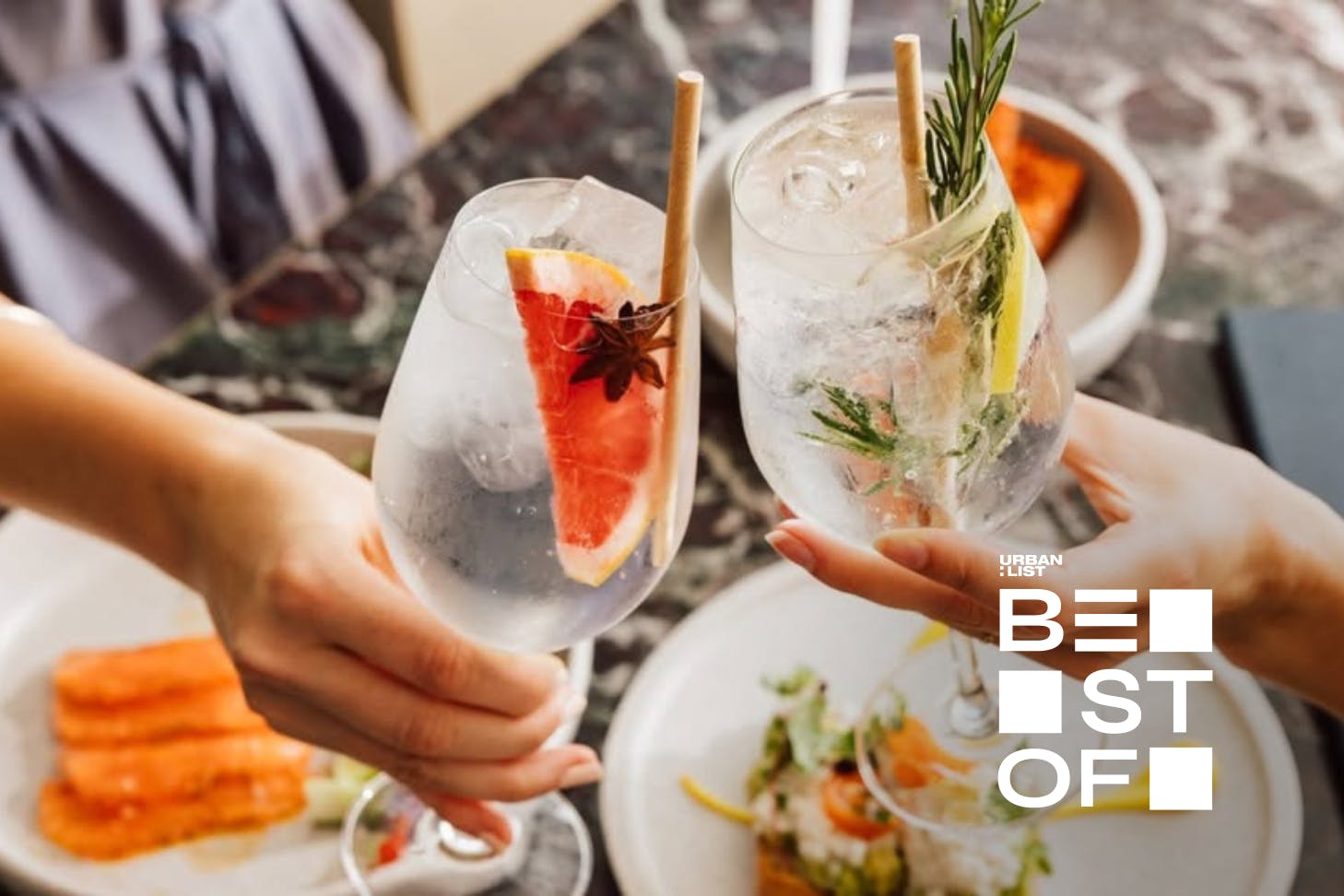
Sleep In, Sip On With 25 Of The Best Bottomless Brunches In Brisbane For 2026
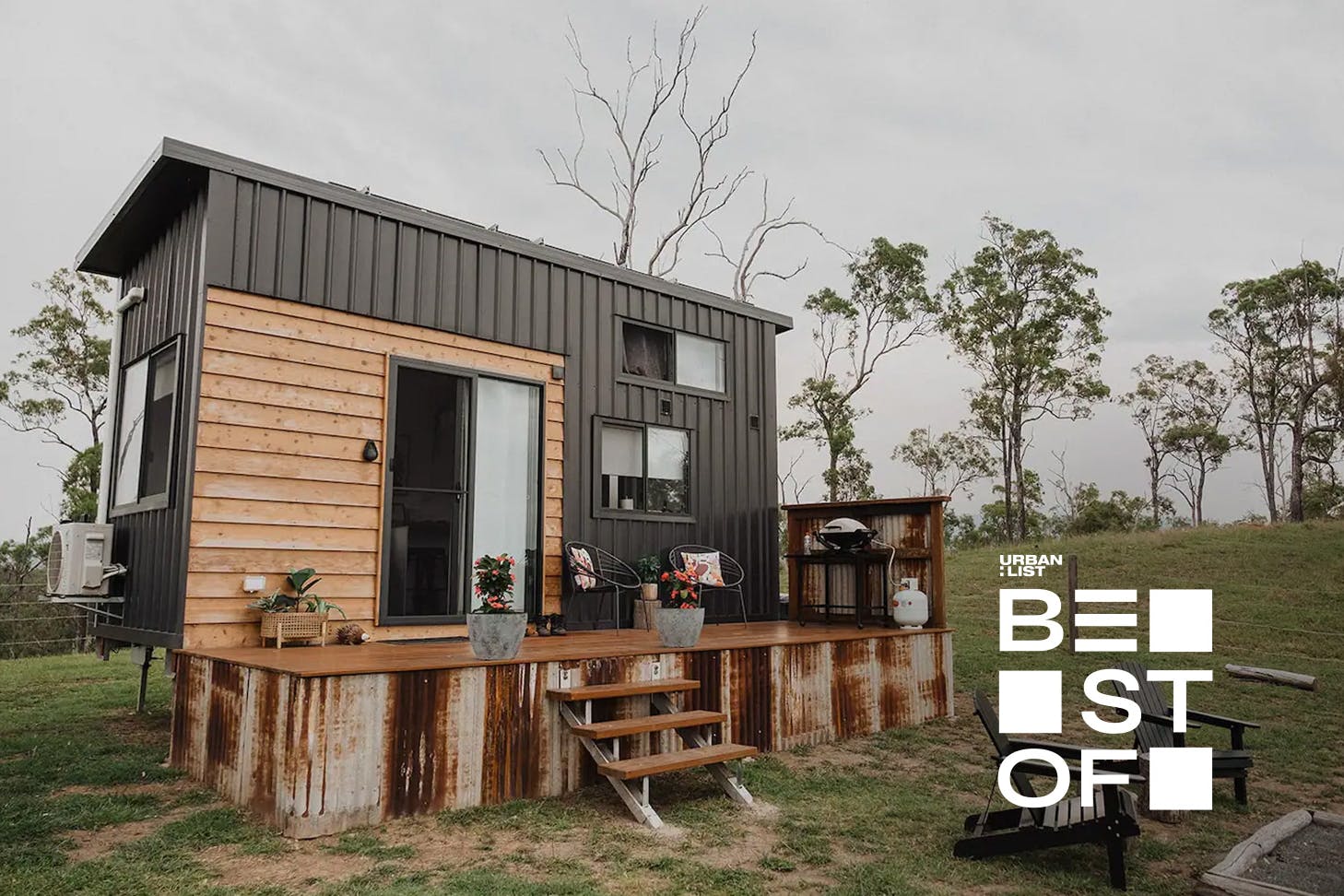
26 Tiny Houses In South East Queensland For The Cutest 2026 Vacay
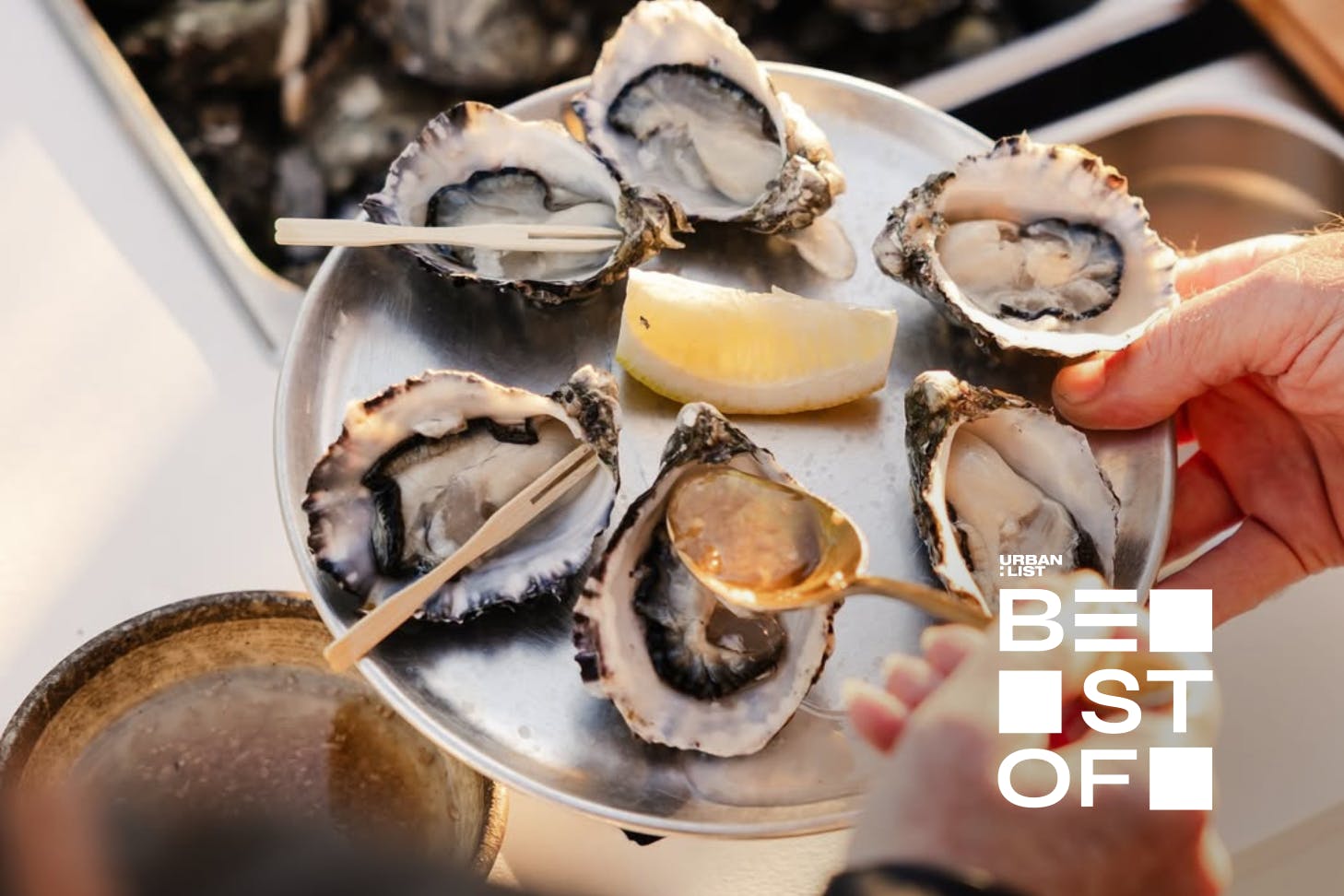
Slurp Up 15 Of The Best Oyster Happy Hours In Brisbane
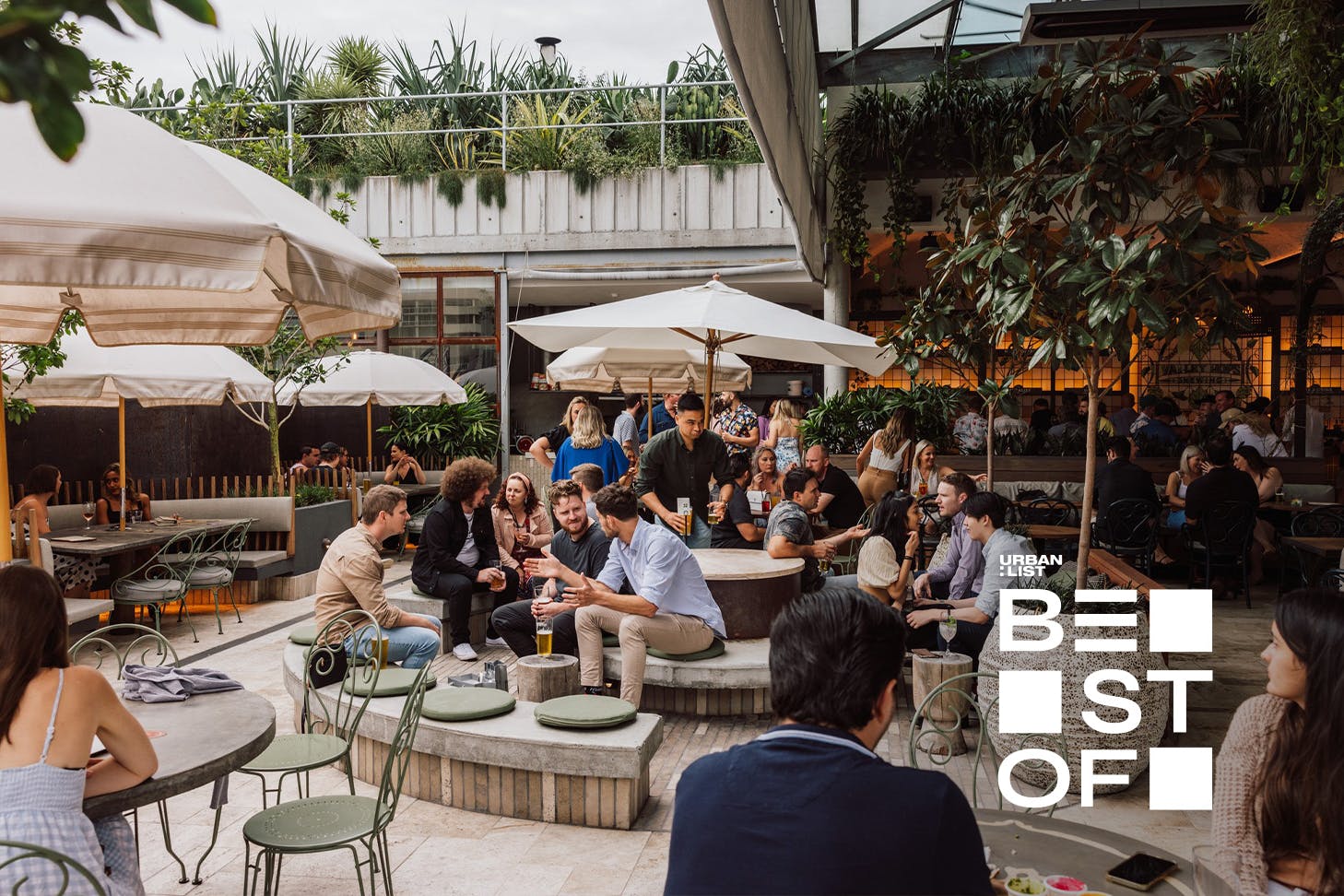
18 Of The Best Rooftop Bars In Brisbane For Sky High Drinking In 2026
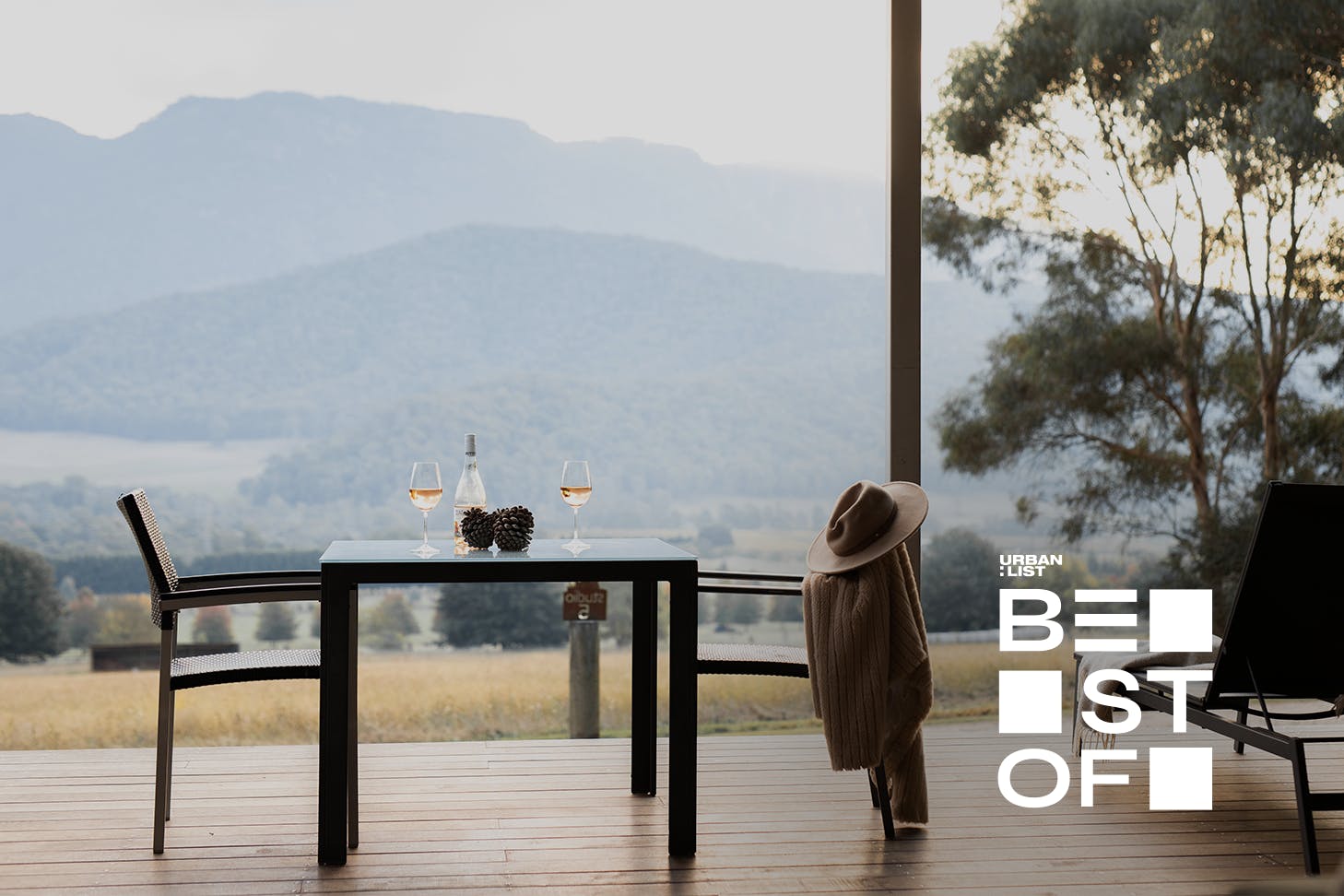
26 Romantic Getaways In Victoria For A Swoonworthy Summer Break
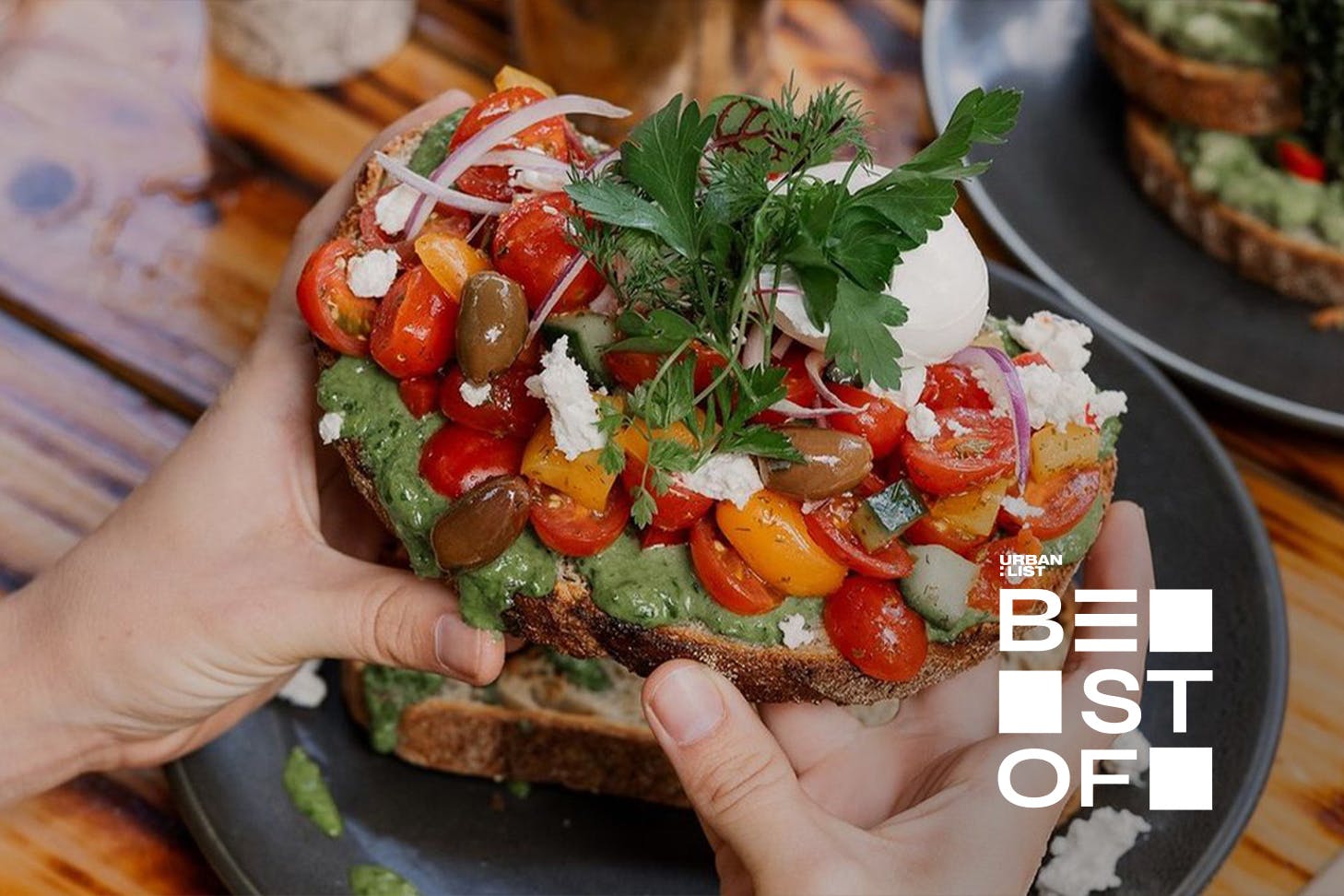
Where To Find 26 Of The Best Breakfasts In Brisbane In 2026

Slow Down And Check In: The Best Stays For Laidback Getaways
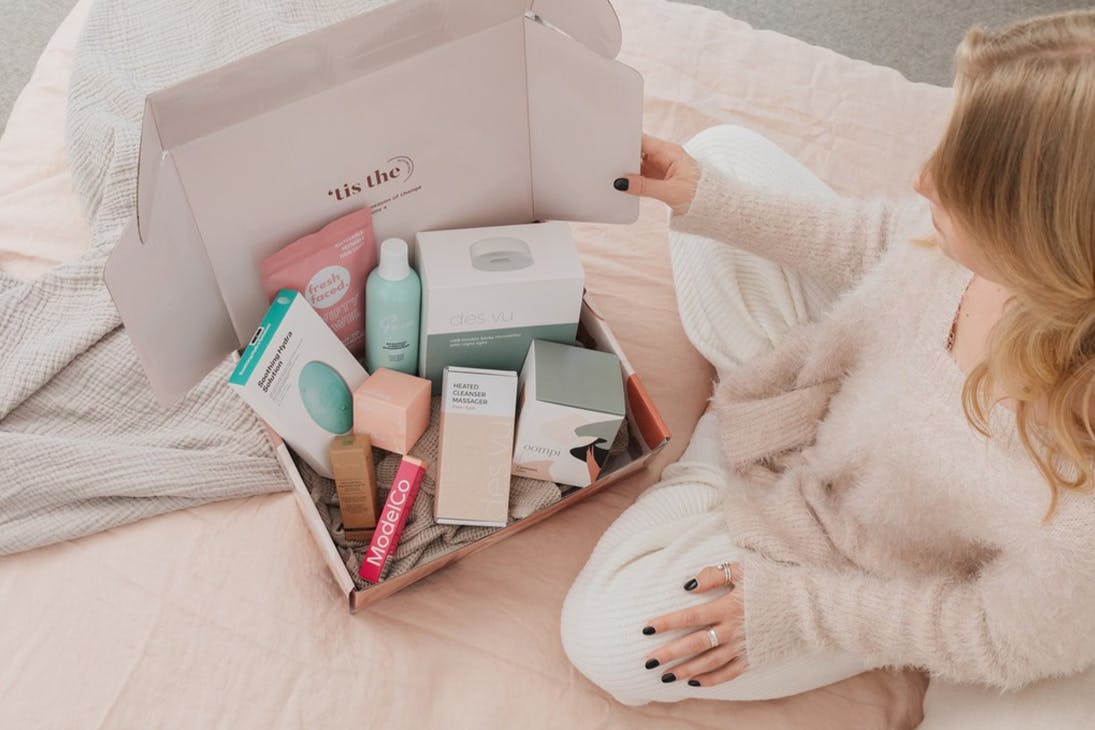
Give Someone A Little Self-Care With This Gift Guide For All Things Beauty And Wellness

18 Of Brisbane’s Best New Restaurants And Bars Of 2025

The Best Restaurants In Singapore That Absolutely Need To Be On Your Radar In 2026

Matty Fahd Swapped The City For The Country And Found The Magic In Slowing Down
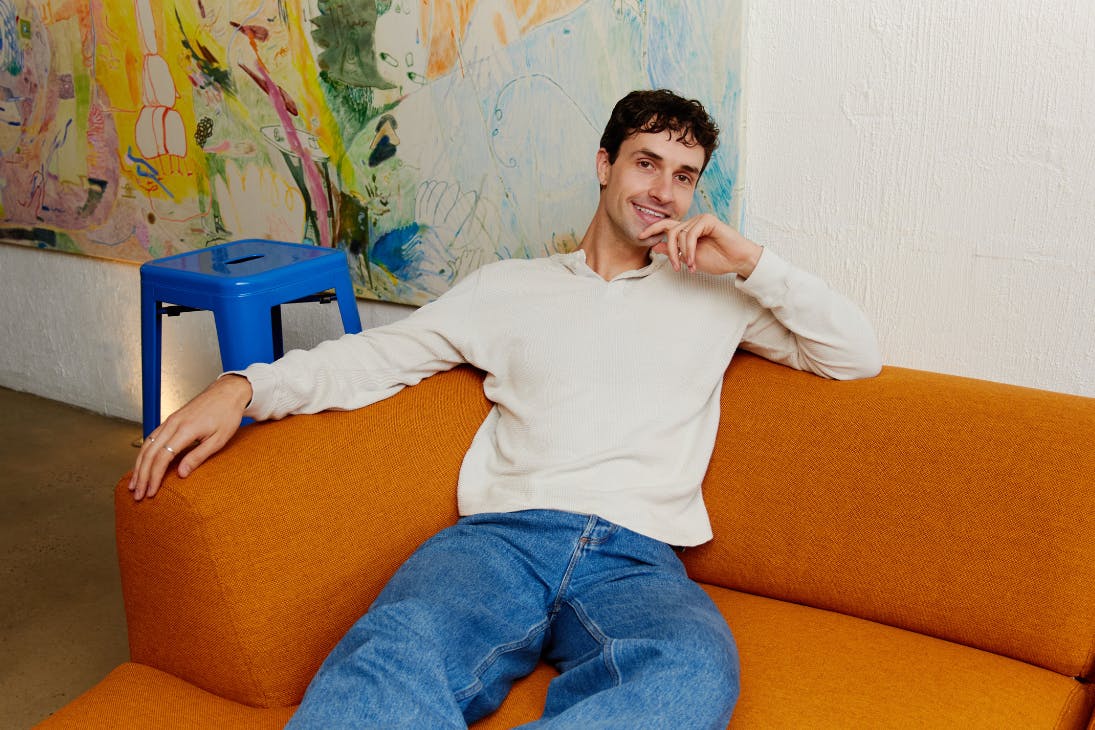
Flying For Love: How Louis Hanson Turned Ghosting Into An Unforgettable Trip

17 Gifts For Her That Are All Killer, No Filler

In Charge Of The End-Of-Year Lunch? This Riverside Gem Is Primed For Group Feasting
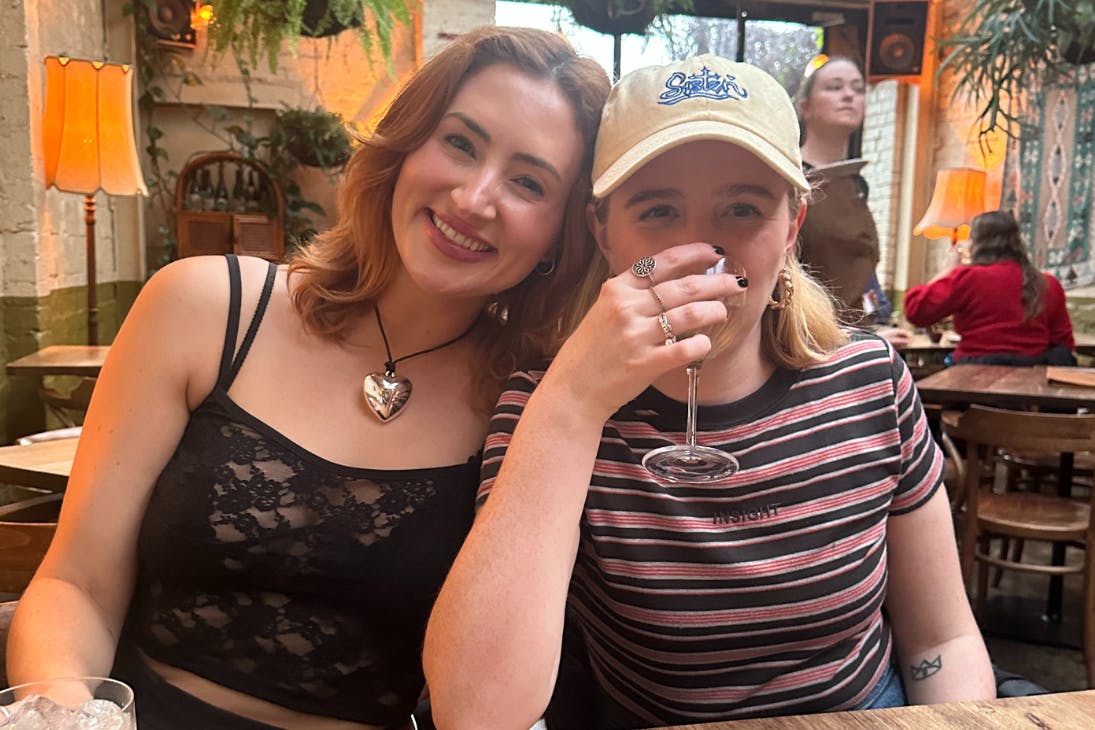
Op Shops And Goosebump-Inducing Shows: Our Brisbane Editor’s Fresh Guide To A Girls’ Night Out
.png?auto=format%2Ccompress&fit=crop&ar=3:2&w=340 340w)
8 Reasons To Book Air New Zealand’s Epic Cyber Week Sale

5 Theories We’ll Be Checking Off When Stranger Things Drops Friday
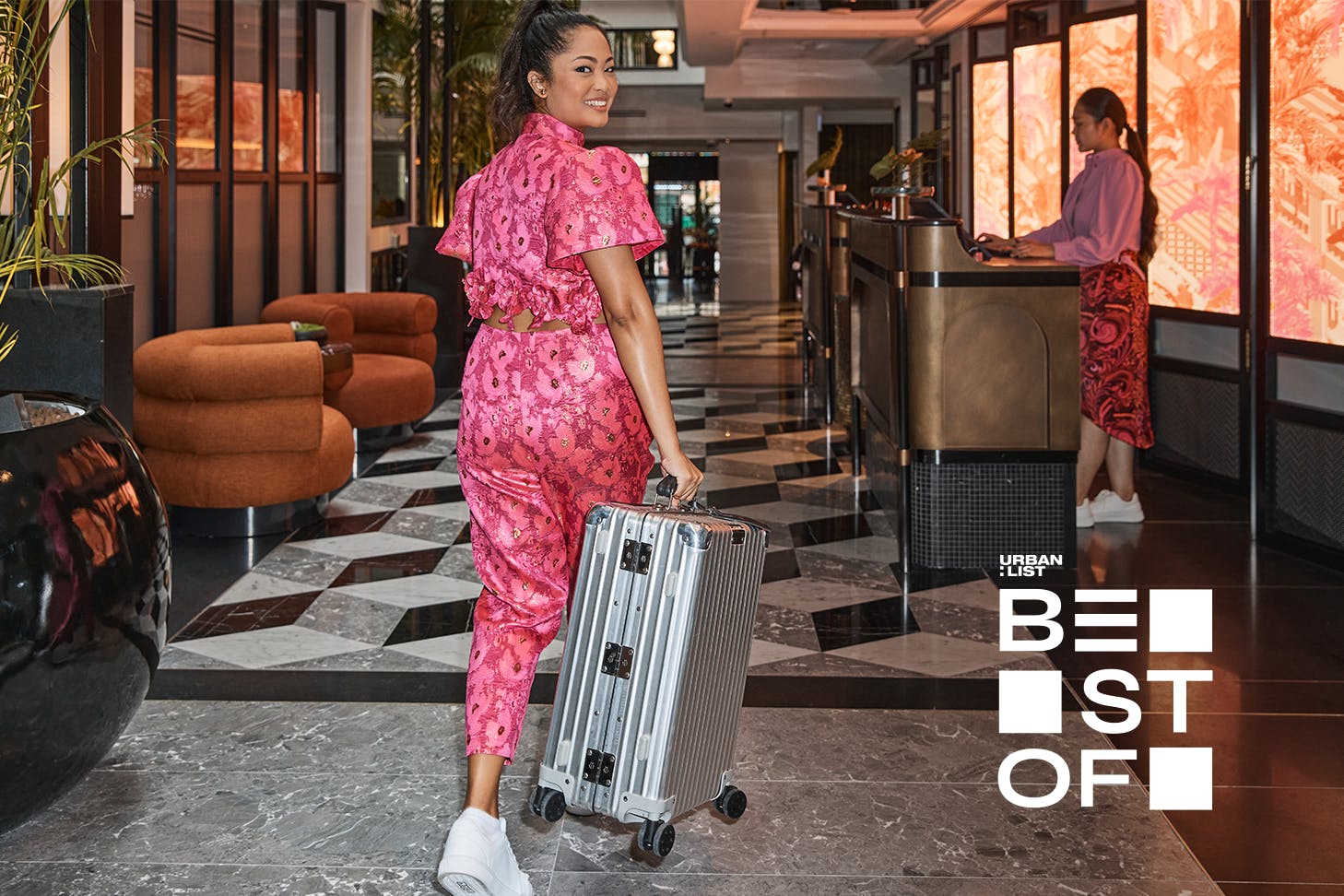
The Best Hotels In Singapore Worth Booking In 2026
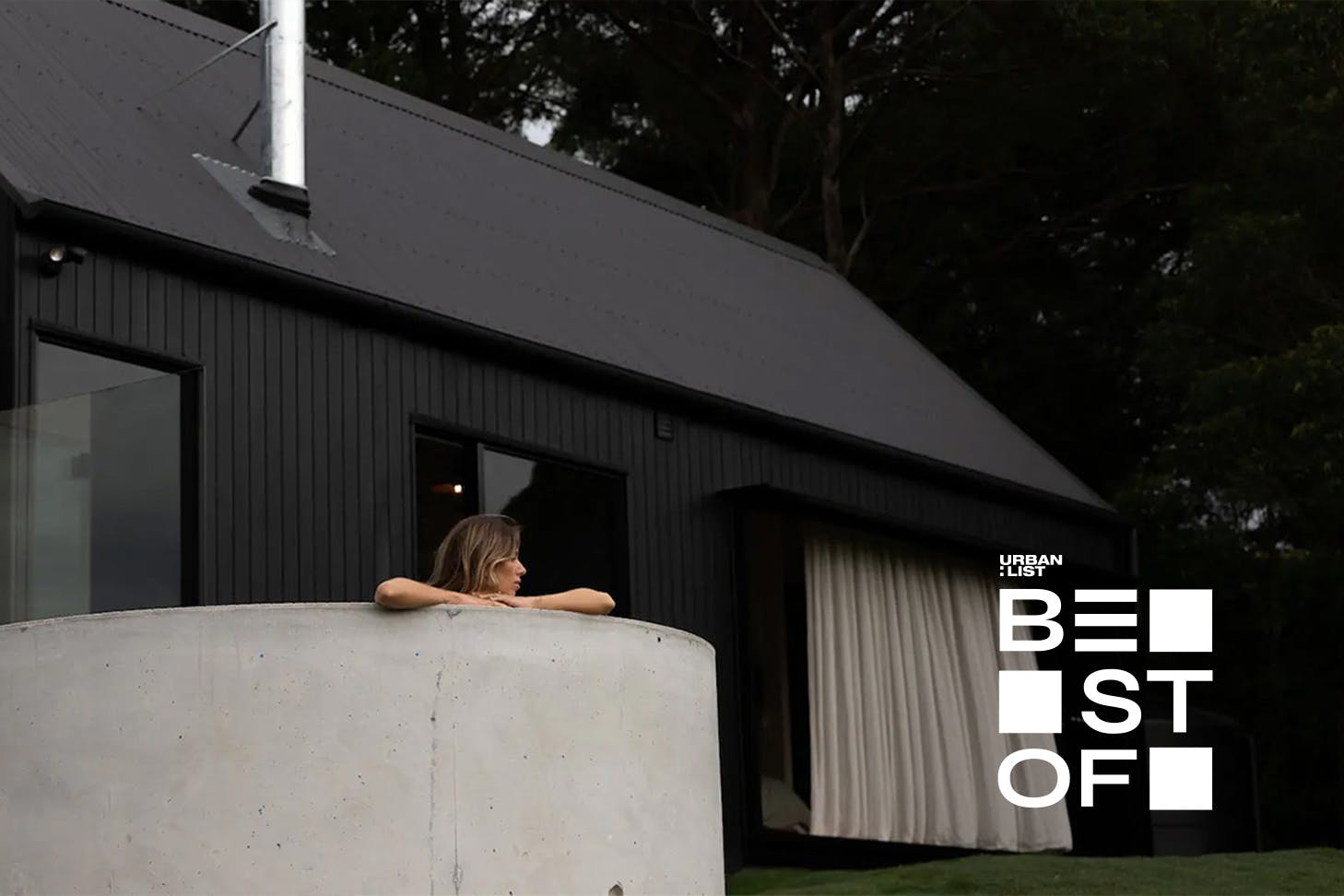
20 Romantic Getaways Near Brisbane To Set Your Heart Aflutter
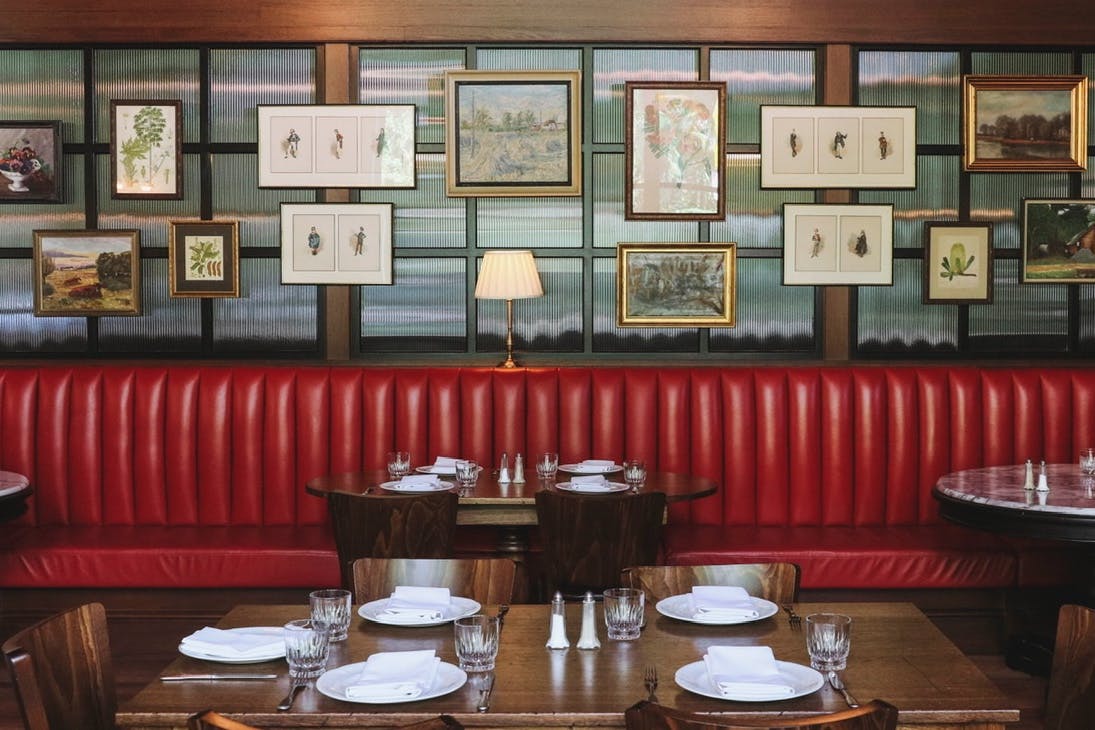
Here’s What’s Open For Christmas Day Feasts In Brisbane For 2025

27 Of The Best Gifts For Kids Of Every Age And Stage
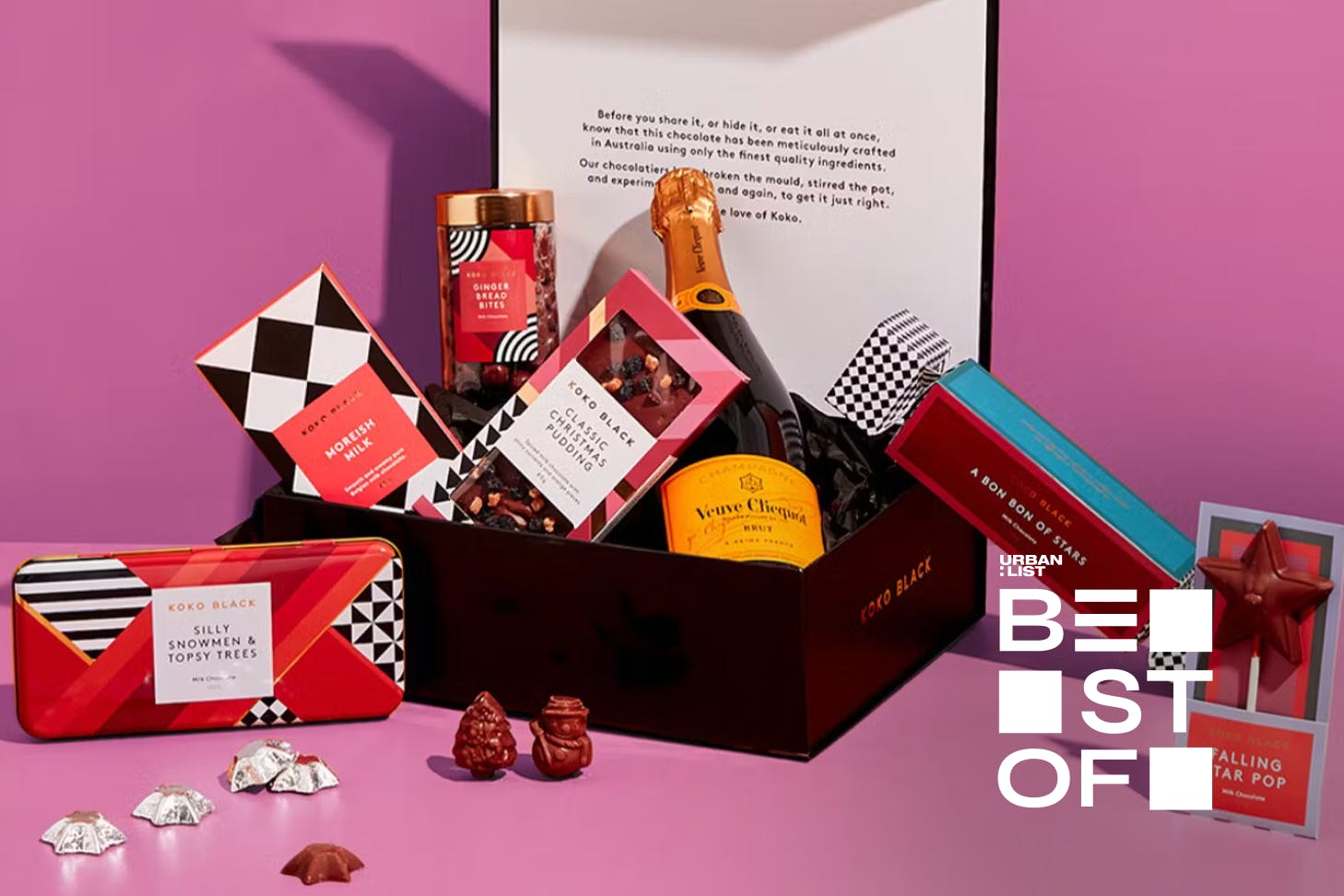
The Best Gift Cards To Buy When You Need A Last-Minute Present

You Can Soon Return To Paradise With Lindeman Island’s Multi-Million Dollar Redevelopment

Your Game-Day Guide To The Gabba: Where To Eat, Drink And Stay

What Will The Weather In Brisbane Be Like On Christmas Day 2025?
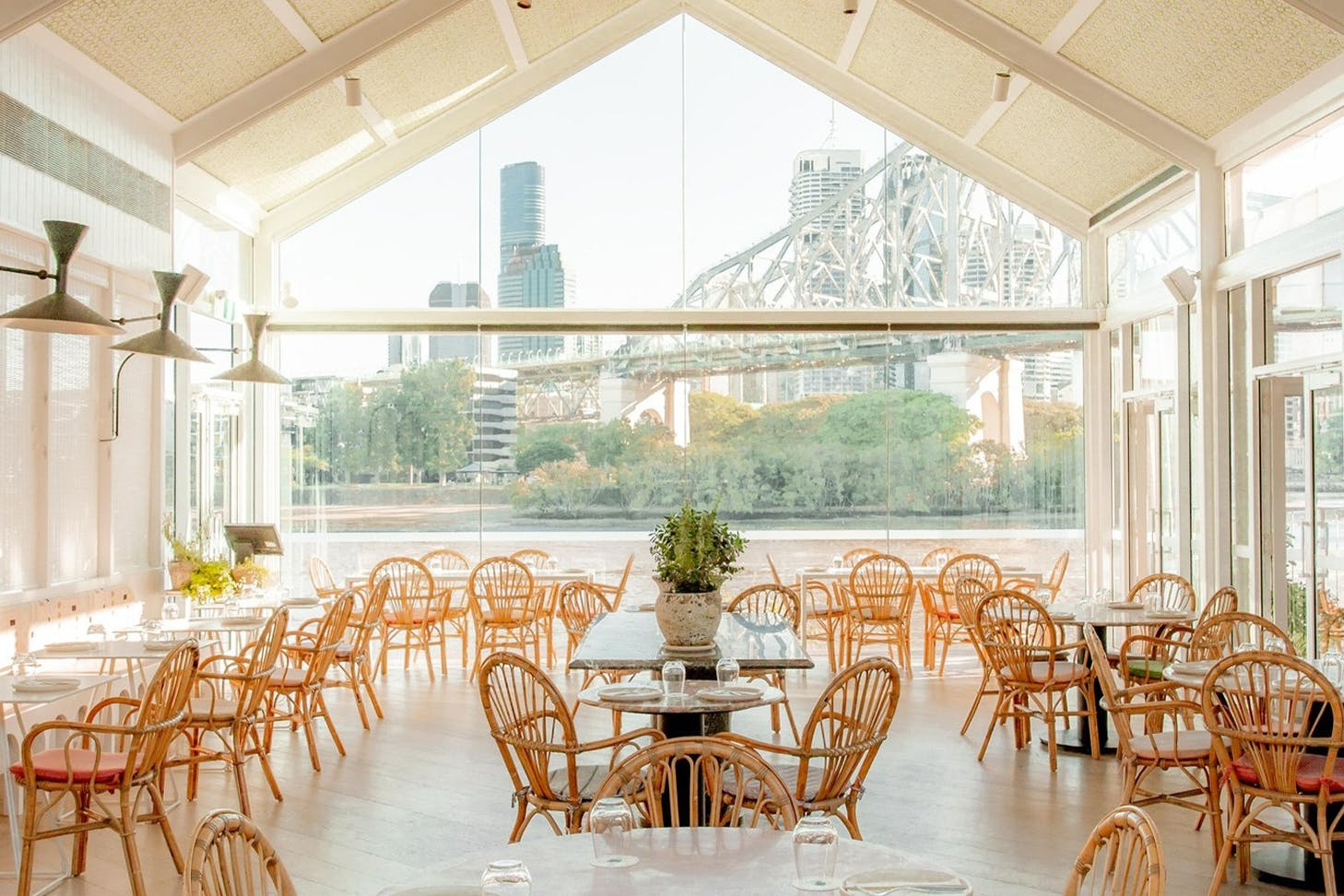
What’s Open On New Year’s Day In Brisbane For 2026
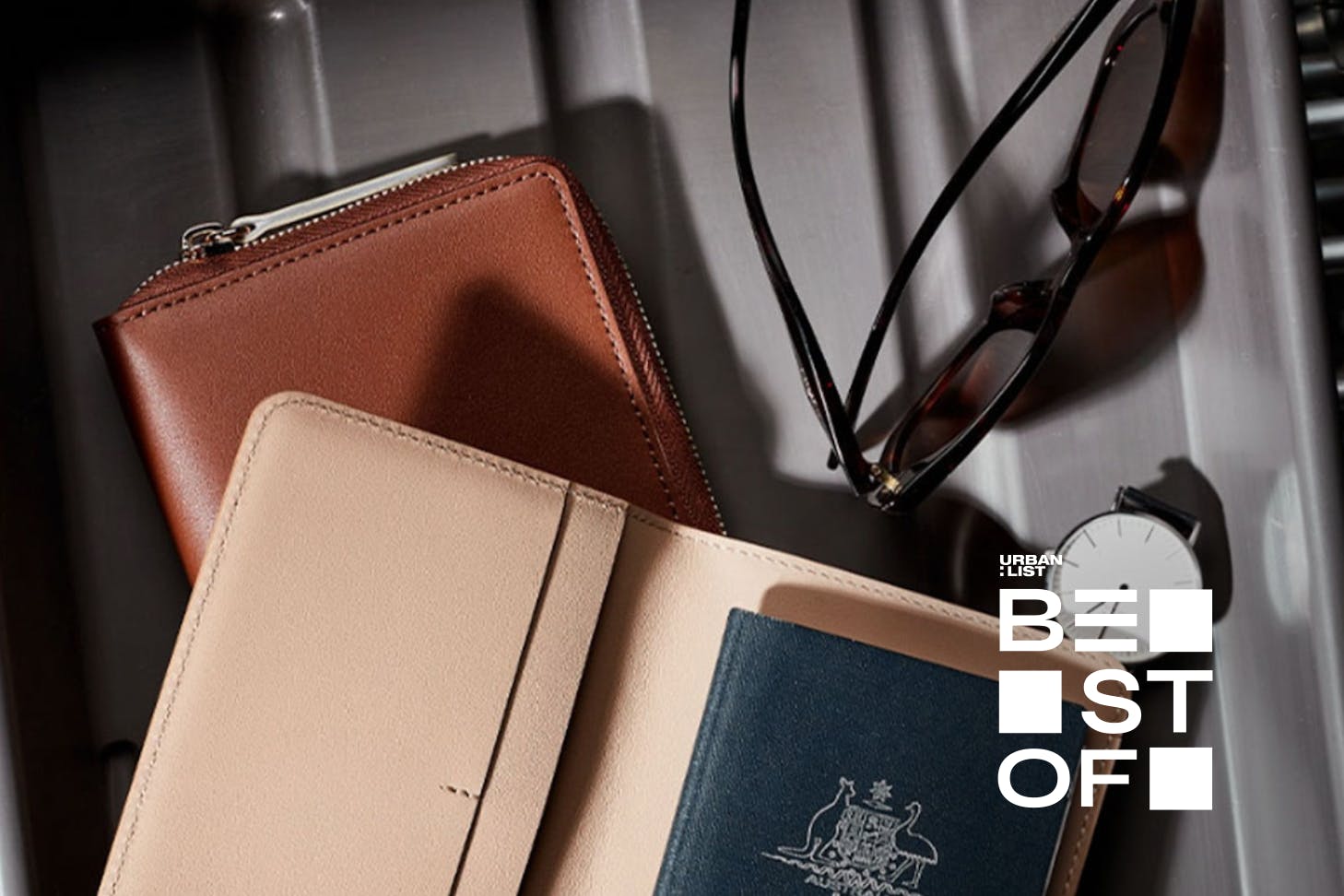
Gifts For Travellers: 23 Gift Ideas For The Frequent Flyer In Your Life
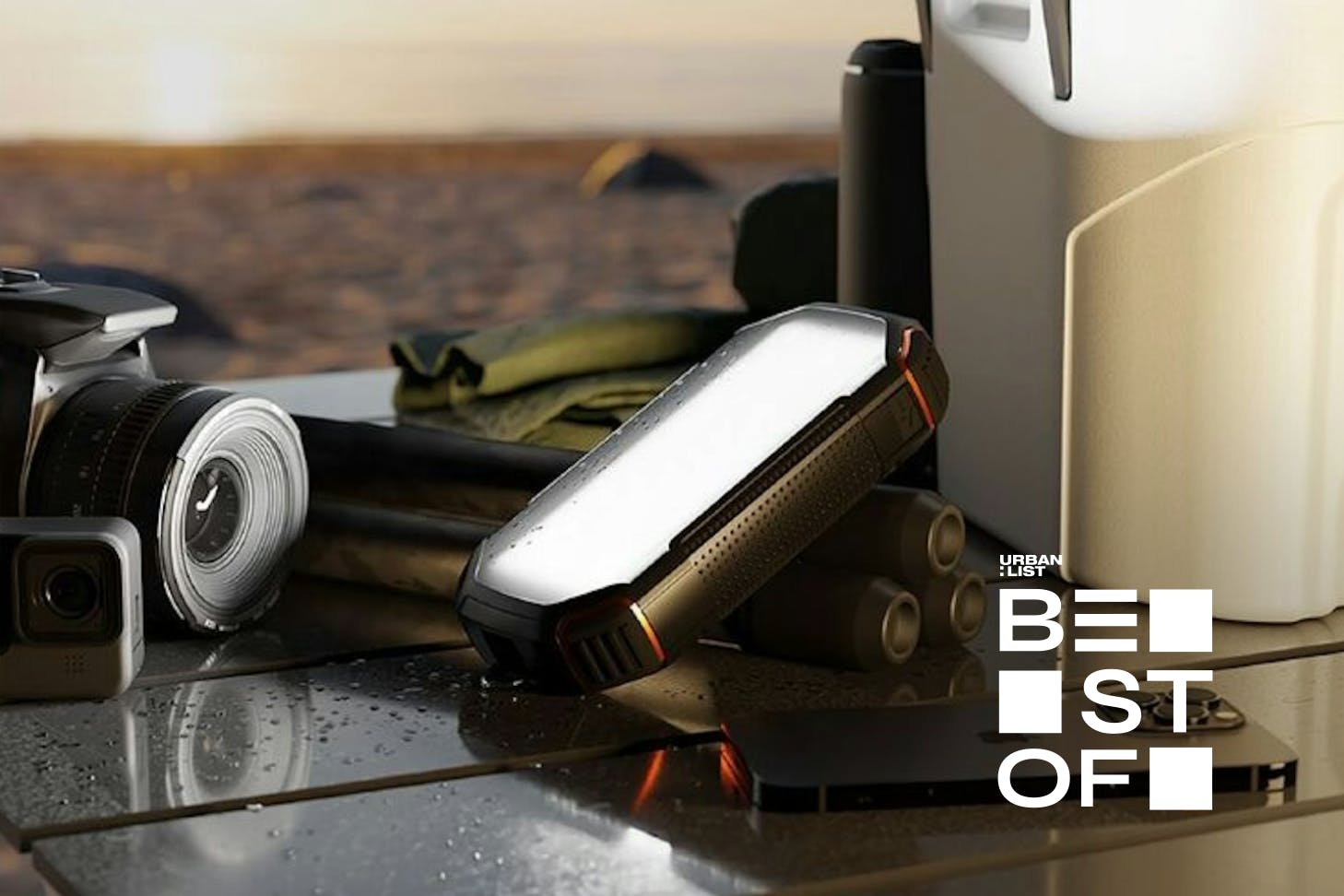
Outdoorsy Gifts: 21 Gifts For That Person Who’s Always Outside

All The Brisbane Travel News And Holiday Deals You Need To Know

Here’s How To Catch Up With Your Mates This Summer Without Blowing The Budget

What’s Open On Boxing Day In Brisbane For 2025

All For Under $50: The Body Shop Has Your Secret Santas And Stocking Stuffers Sorted
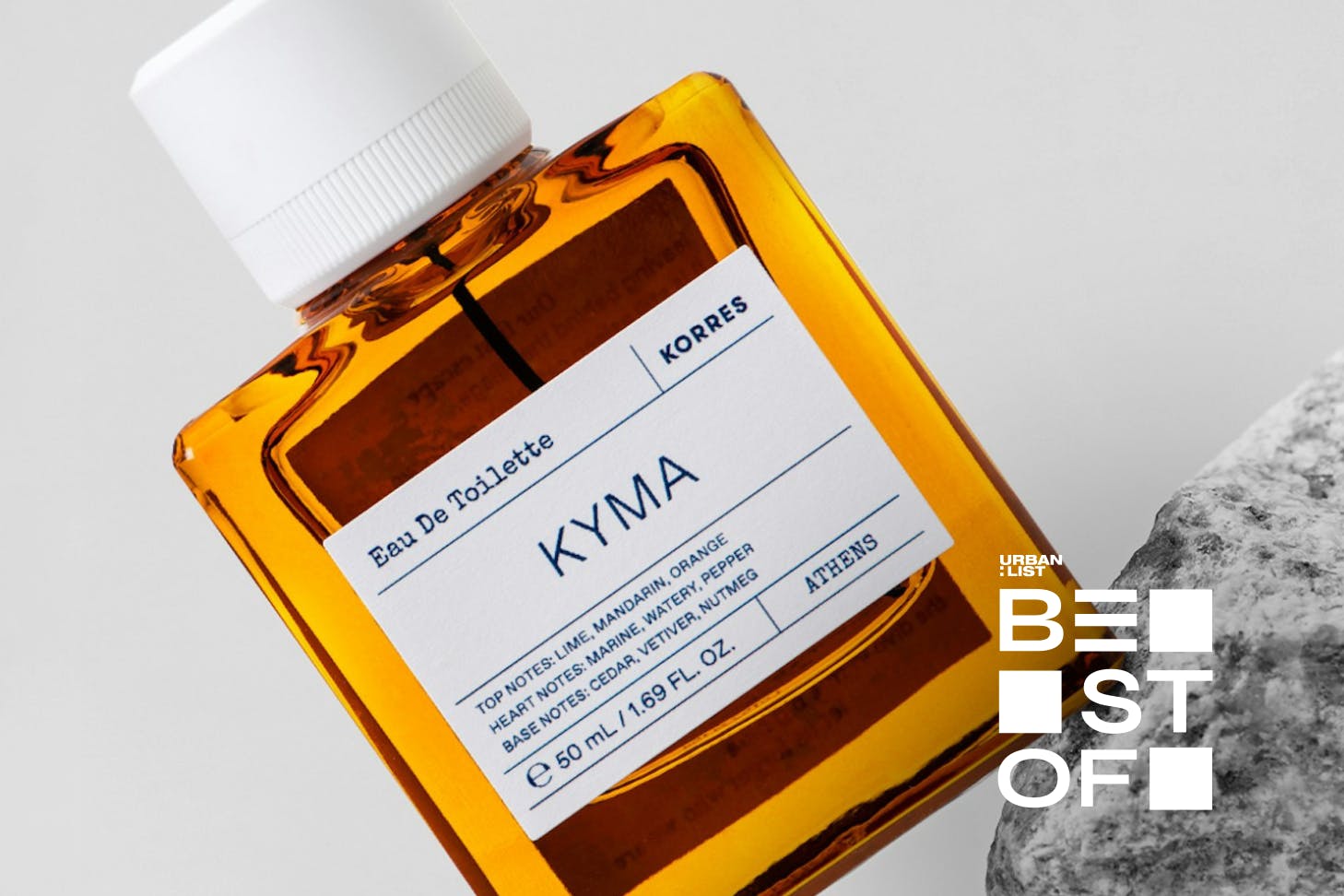
25 Of The Best Beauty Gifts To Shop For Christmas 2025

This New Aussie-Made Sip Is About To Be Your Drink Of Summer For 2026

12 Of The Best Brisbane Beaches For Summer Swims
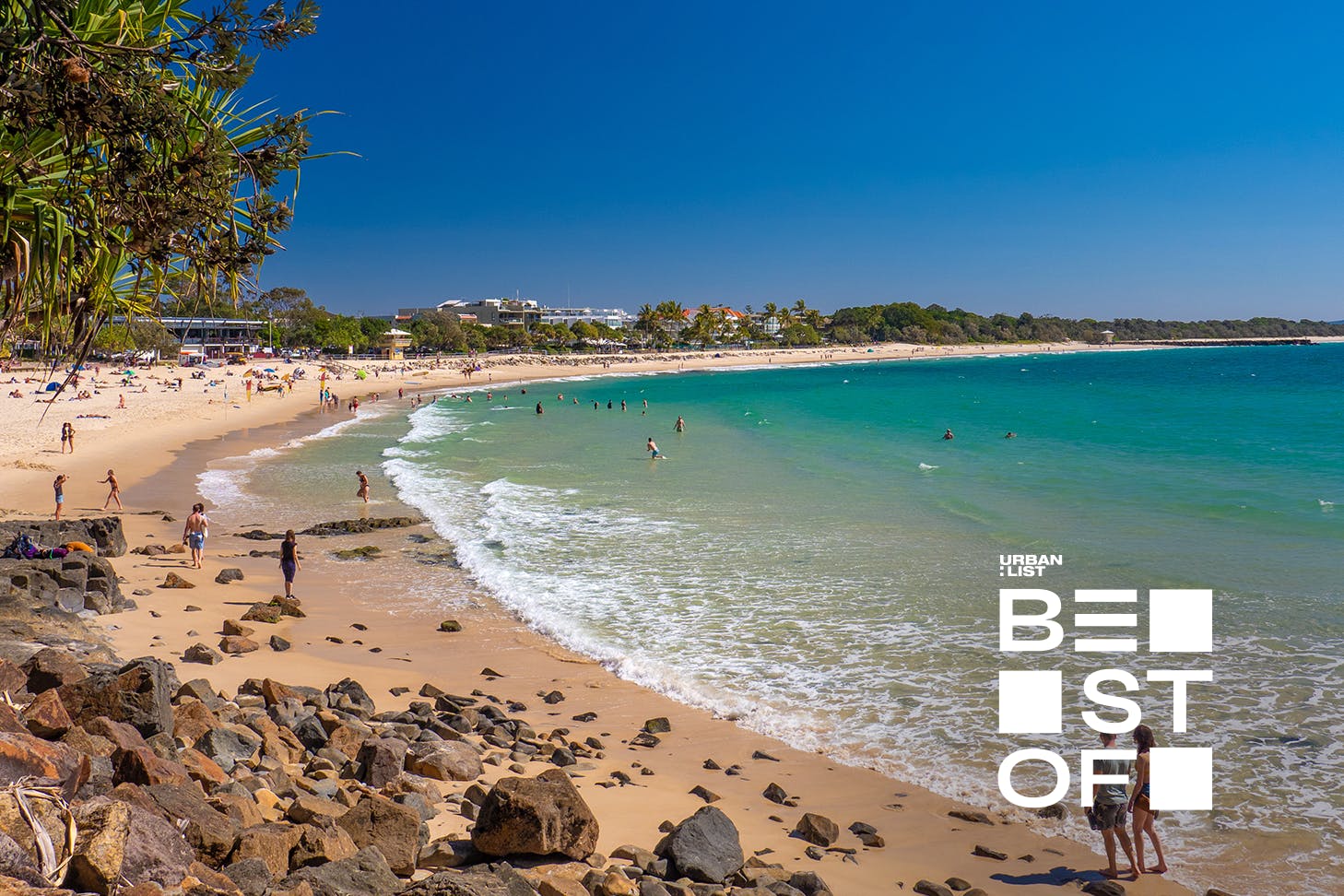
10 Of The Best Beaches On The Sunshine Coast
.jpg?auto=format%2Ccompress&fit=crop&ar=3:2&w=340 340w)
Queensland’s Best Beachside Resorts To Book In 2026

Seek Out Some Serenity At 5 Of Queensland’s Prettiest Beach Towns

Christmas Sorted: The Ultimate Guide Gifting Something Special To Everyone On Your List

The Agnes Crew Open A Nostalgic French Bistro In A Heritage CBD Corner

This Bold Performance Blends Movement, Music And Drama Into One Monumental Production

South Bank’s New Riverfront Concert Series Adds Grace Jones, MARINA And King Stingray To The Lineup
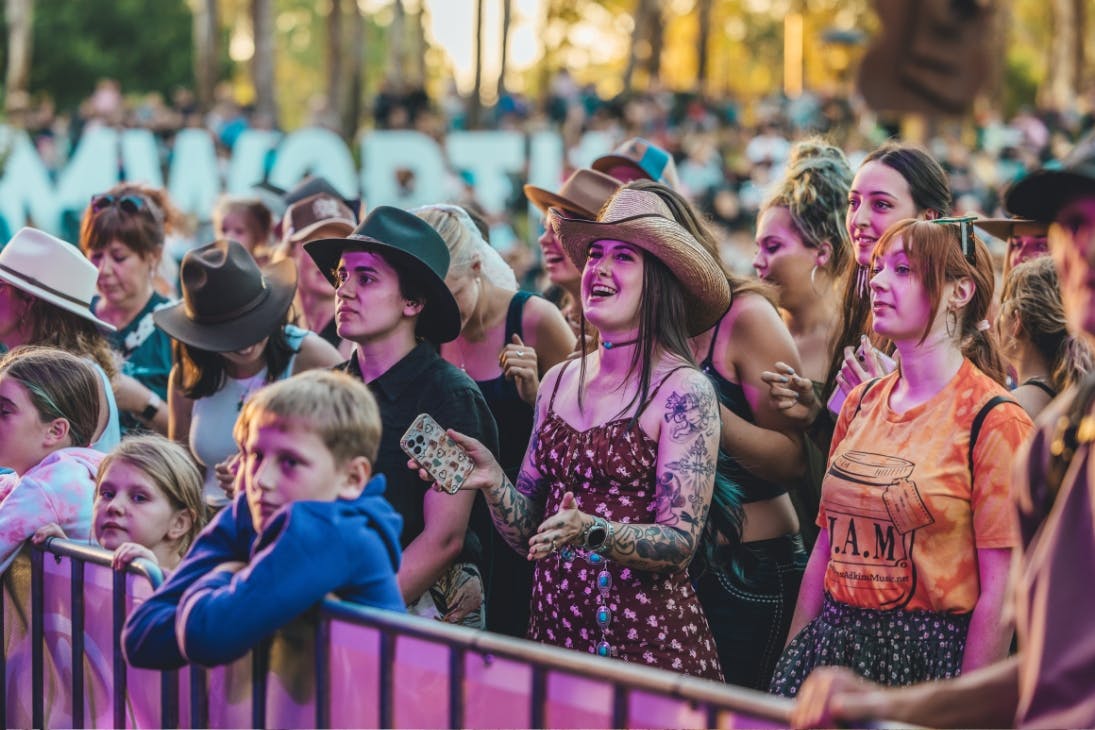
Your Tamworth Country Music Festival Cheat Sheet: 10 Must-Do’s For A Seriously Good Time
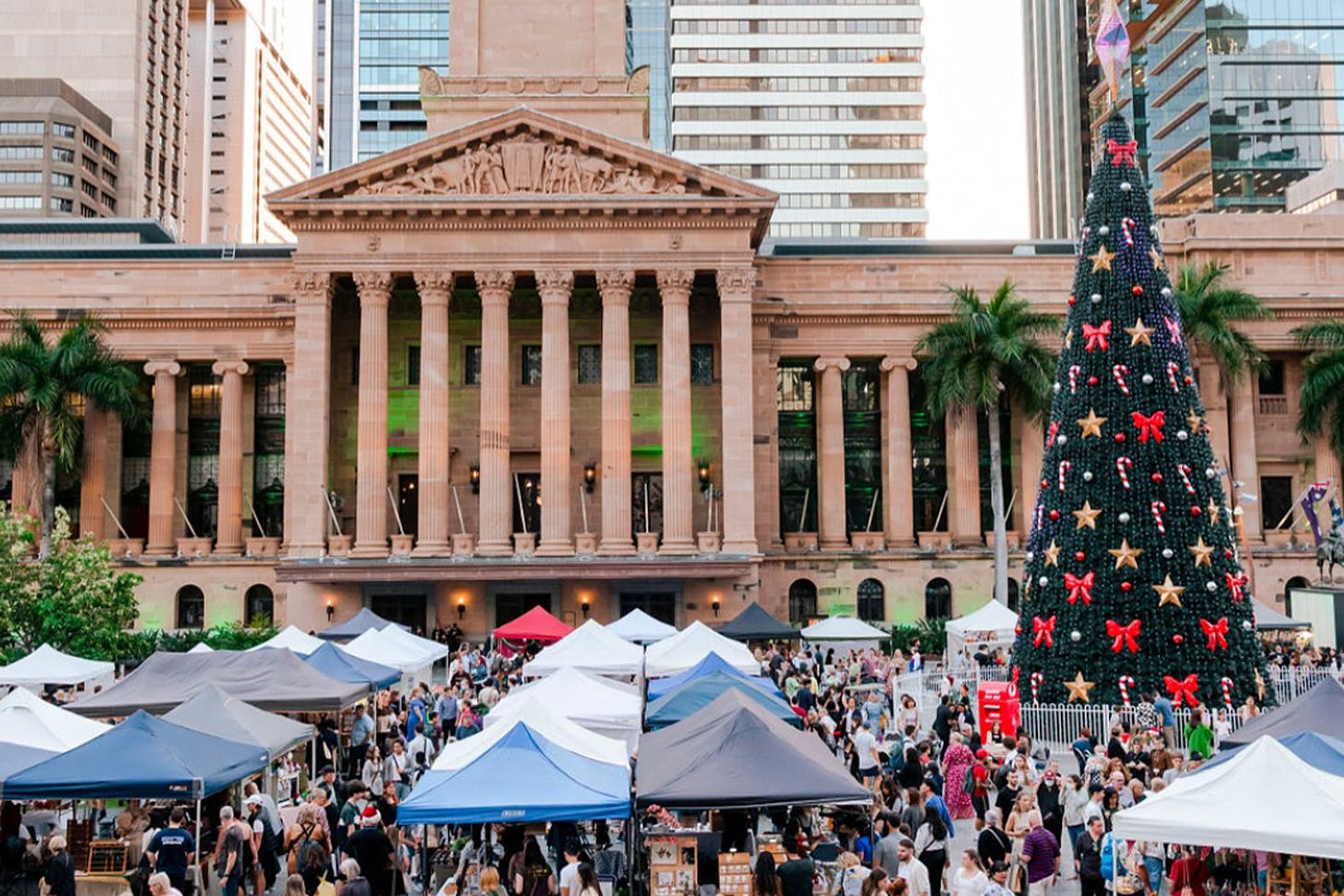
20 Brisbane Christmas Markets You Need To Hit Up This Festive Season

The Best Hotels In Brisbane To Check Into In 2026

Rapper Dave Is Bringing ‘The Boy Who Played The Harp’ Tour To Australia So Now Is The Time To Cry

Need An Excuse? Comedian Mitch Dale Will Cancel Your Plans For You This Weekend

This Uber-Cute A-Frame Cabin An Hour North Of Bundaberg Comes With A Rustic Outdoor Bath

Just 45-Minutes From Brisbane, This Quirky Treehouse Has Its Own Charming Outdoor Bath

Gang’s All Here: The Group Trips We’re Planning For Extreme Rancho Relaxo Mode

15 Gifts You Can Find In Brisbane For Everyone On Your Christmas List

AC/DC Shakes Up Suncorp Stadium This Weekend—Here’s How To Navigate The Chaos
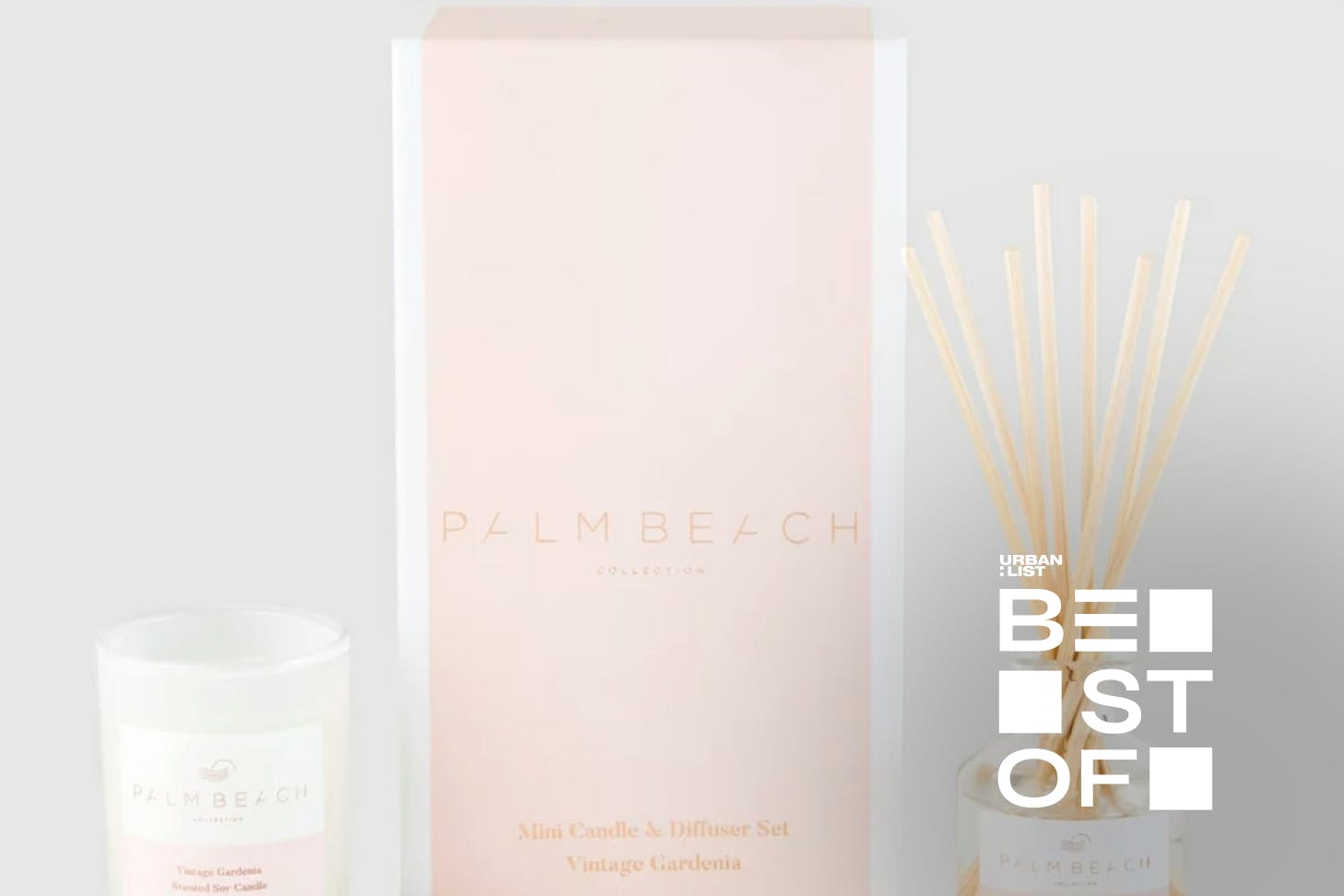
18 Secret Santa Gifts Under $50 That Are Actually Epic
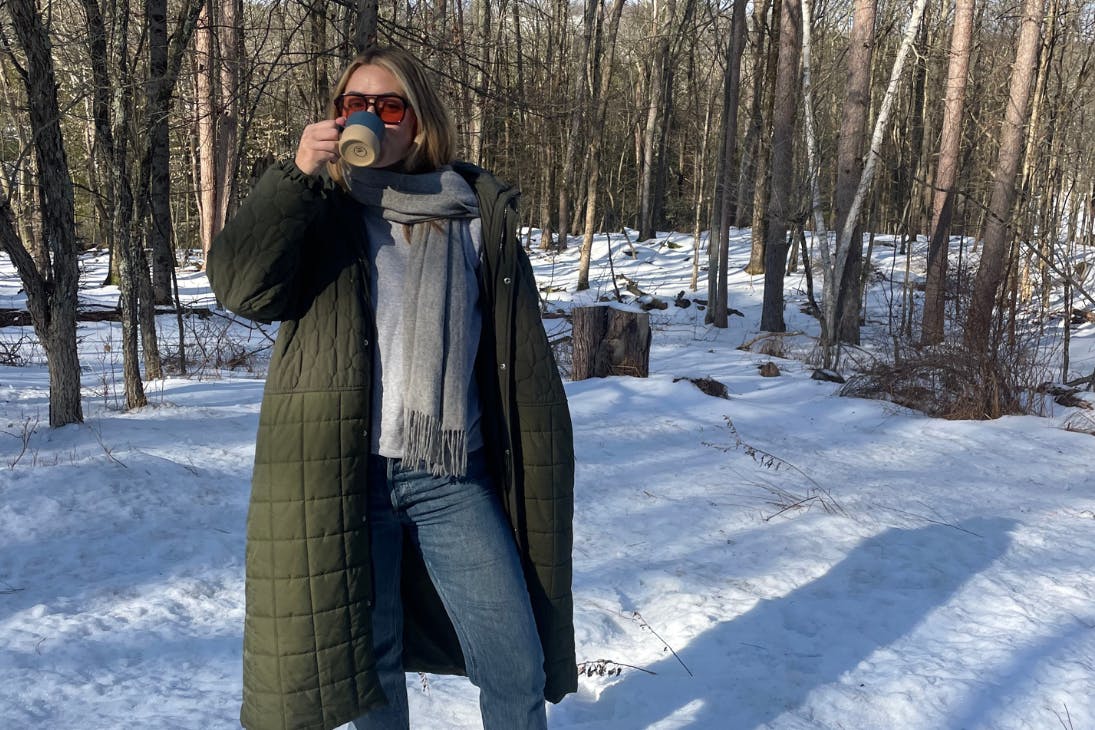
Trout Dip And River Tubing: How Model Katie Muirhead Unwinds In New York State
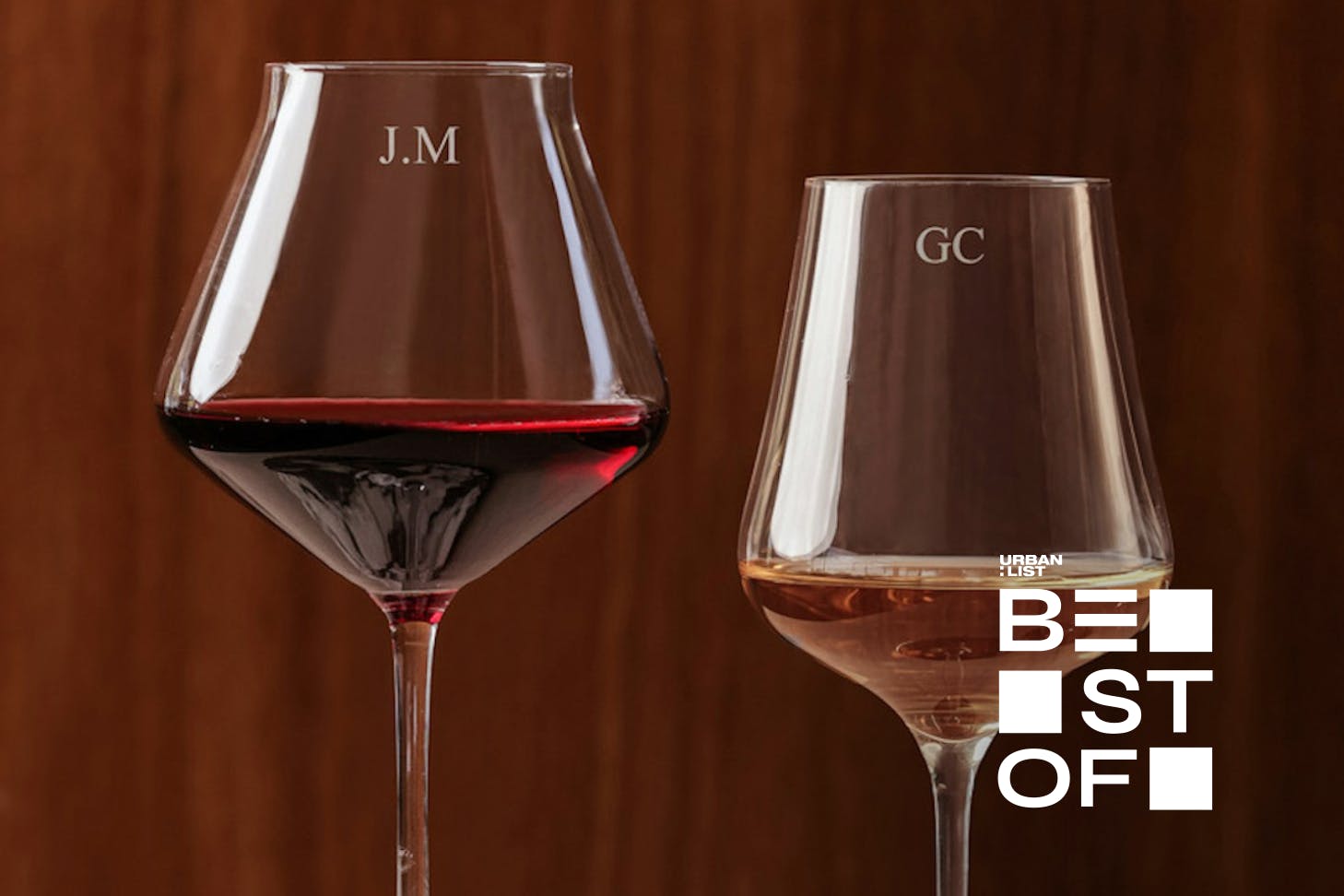
18 Affordable Luxury Gifts To Give Someone Special In 2026
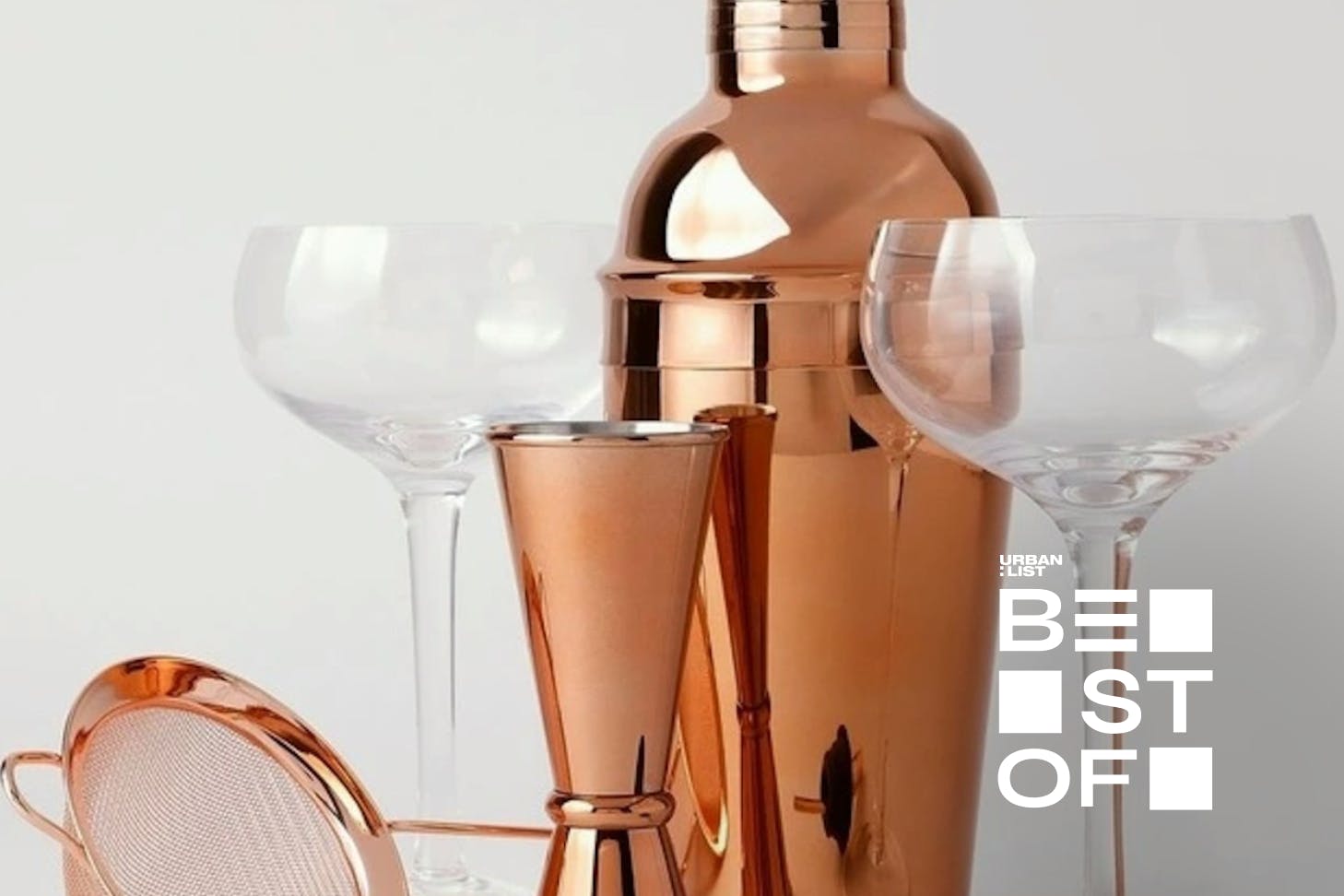
Foodie Gifts: 21 Delicious Gift Ideas For Your Favourite Foodie

Legendary New York Cocktail Bar Death & Co Is Now Open In A Brisbane Basement

Everything You Need To See, Eat And Do In Lake Macquarie

Gifts For Mum: 39 Awesome Presents She’ll Actually Love

